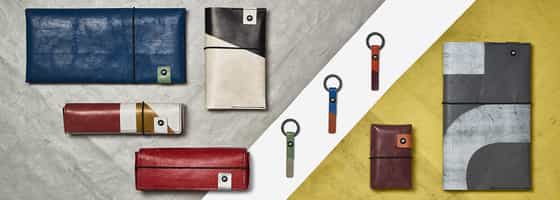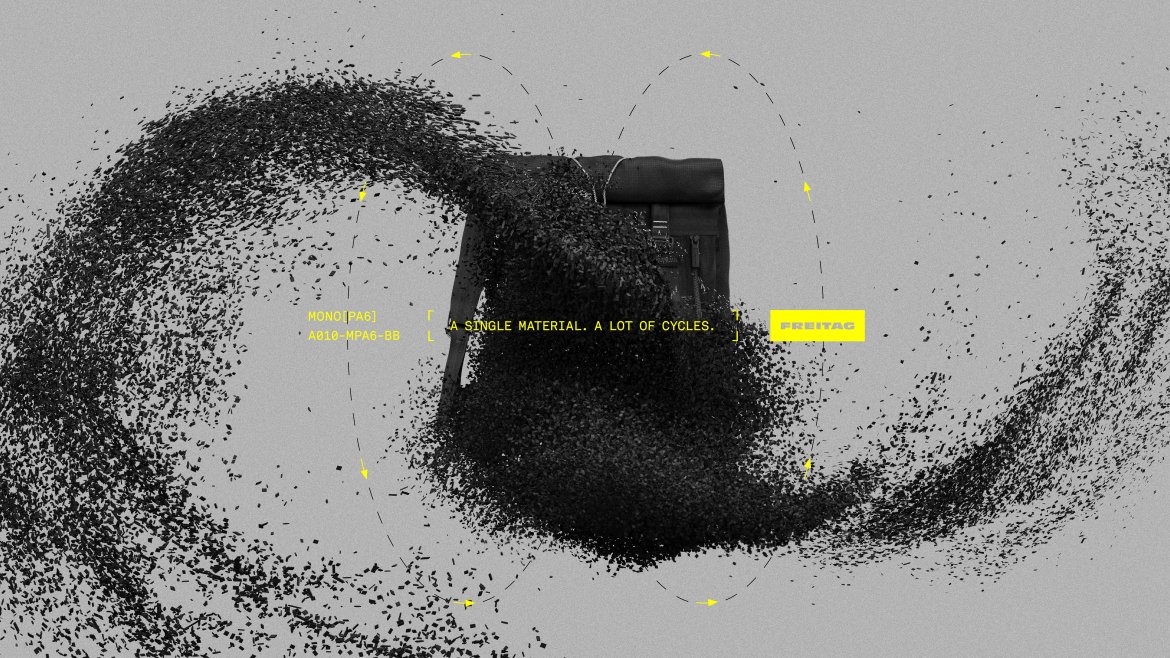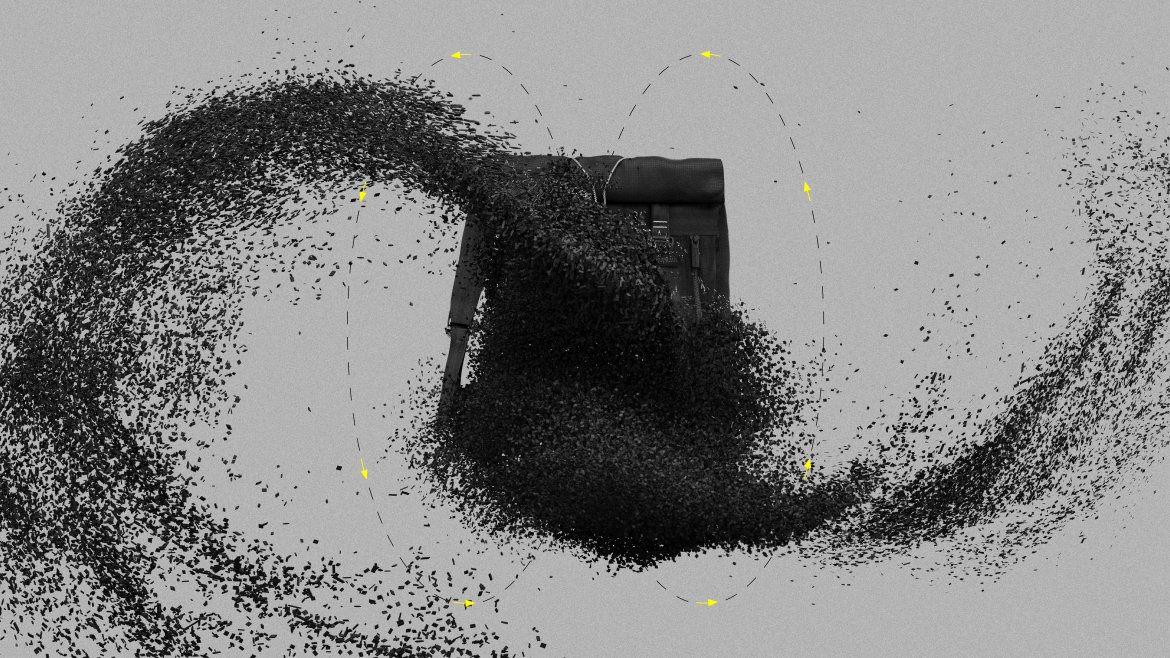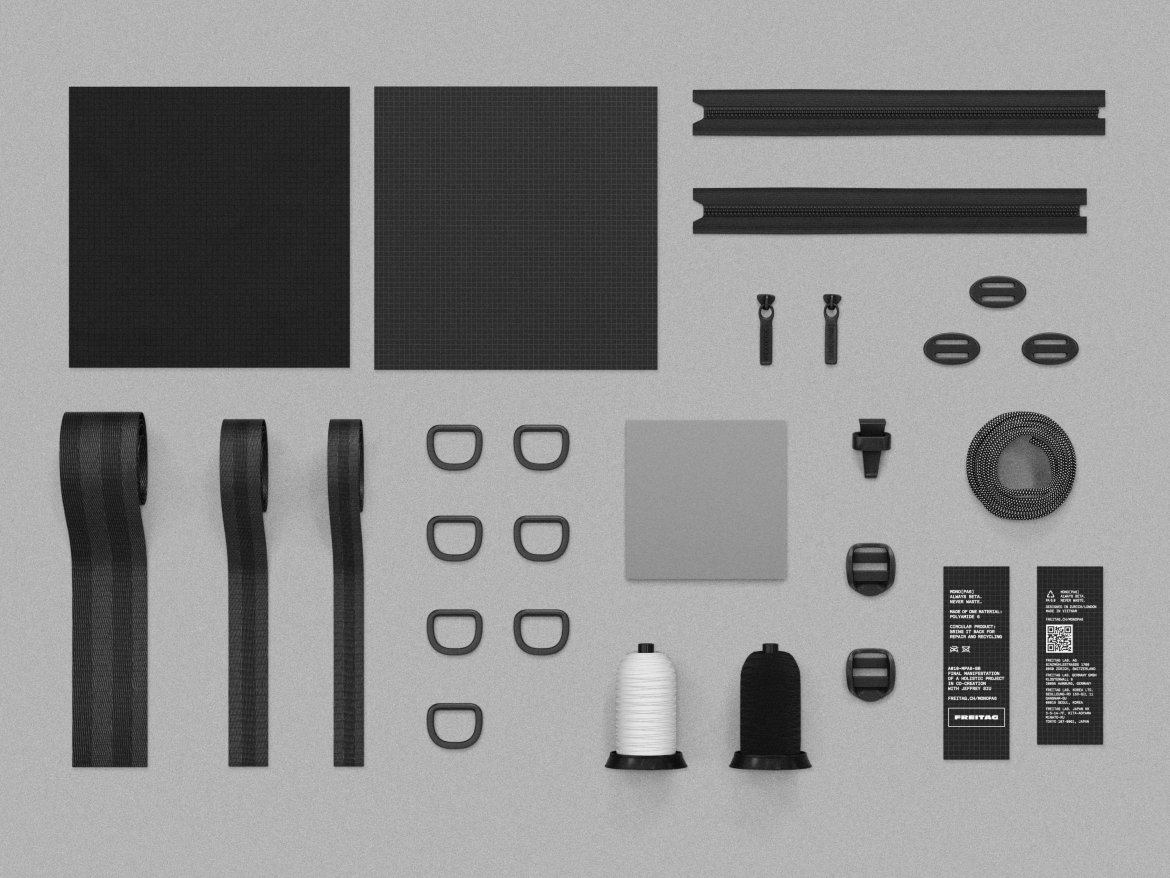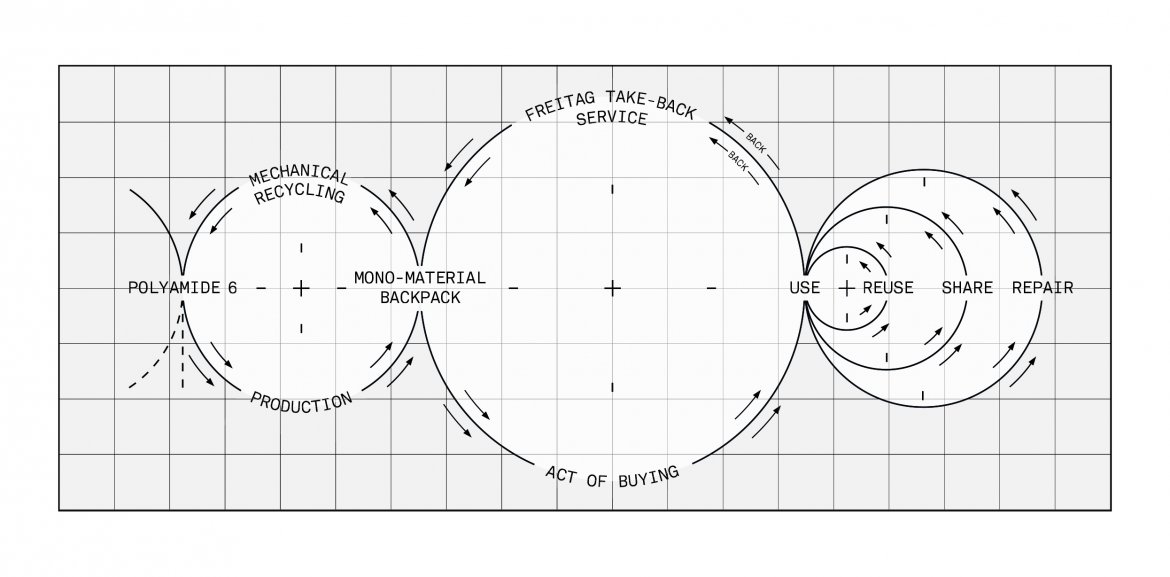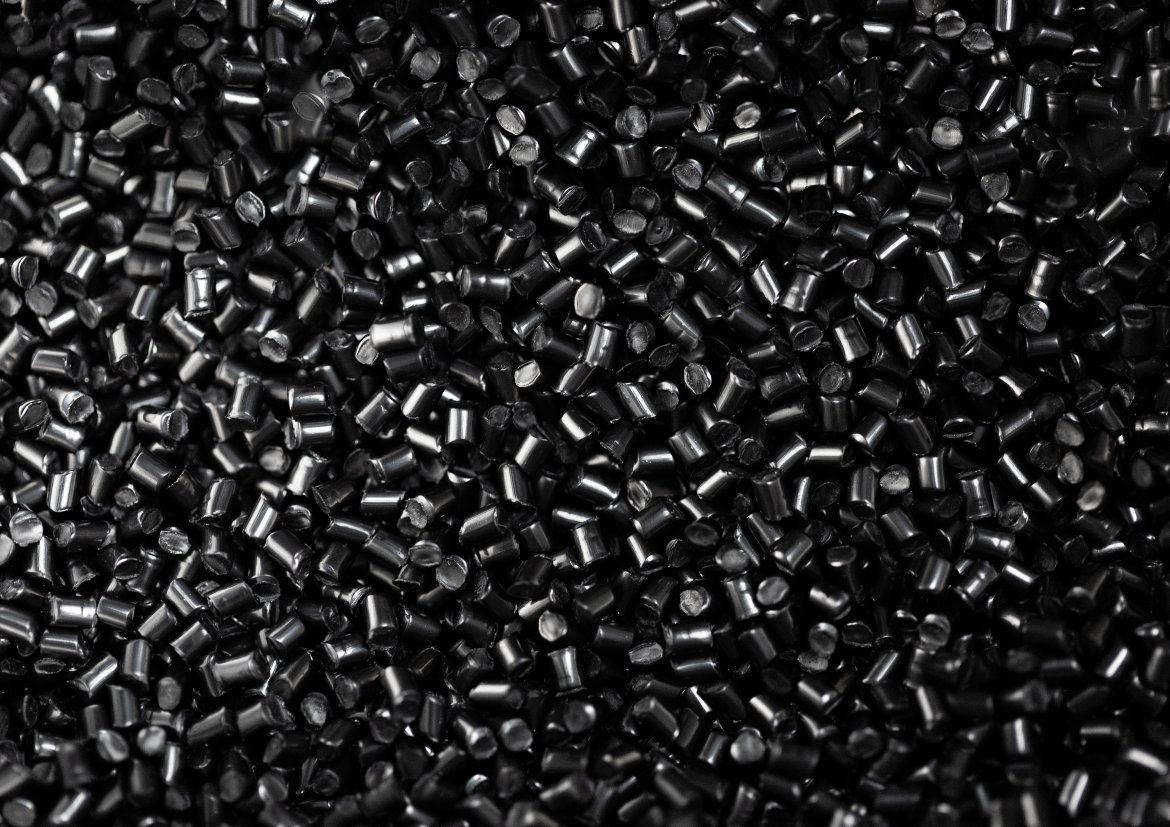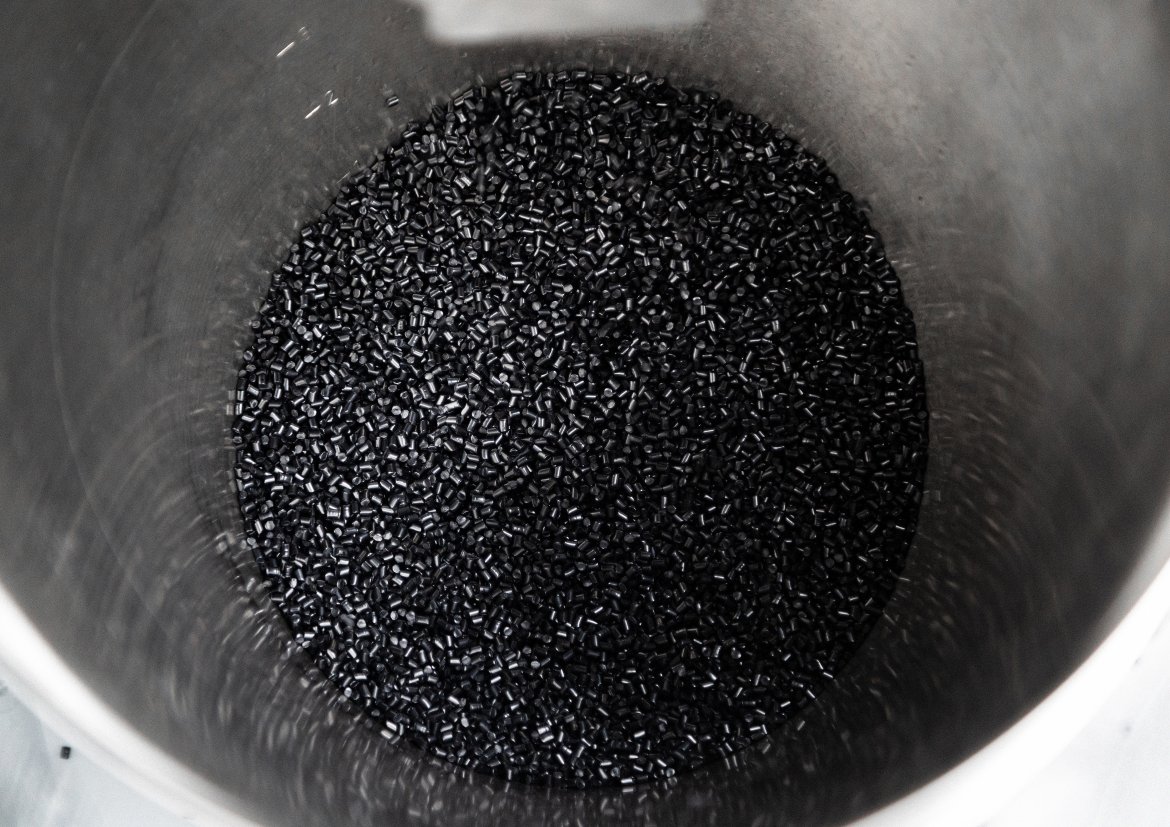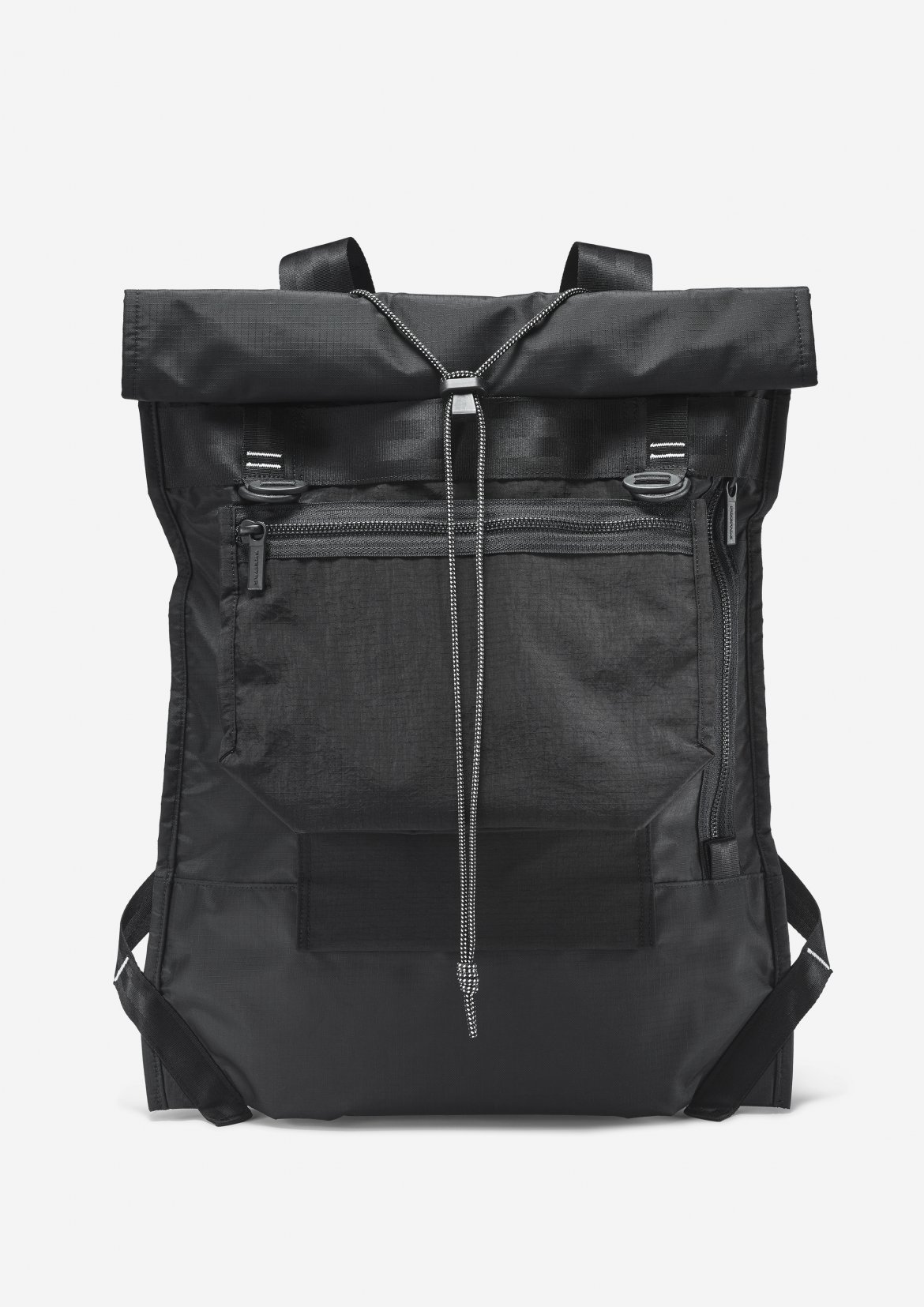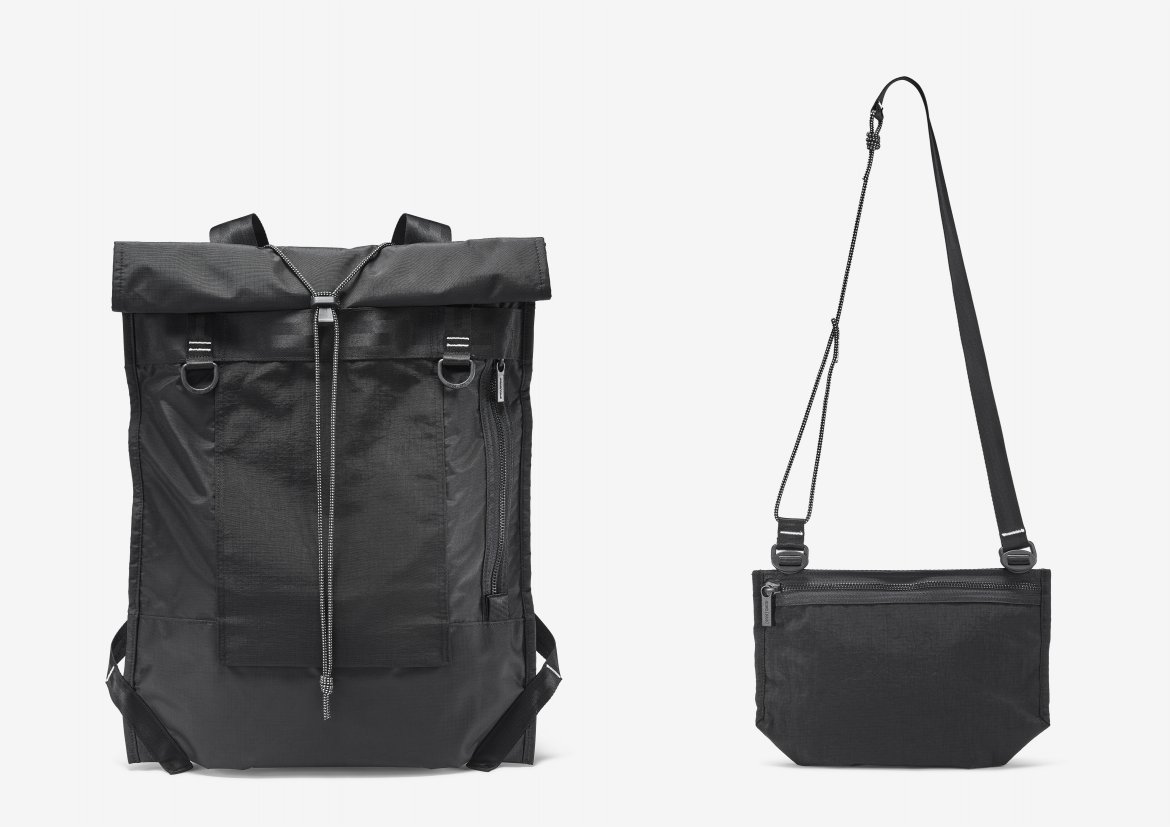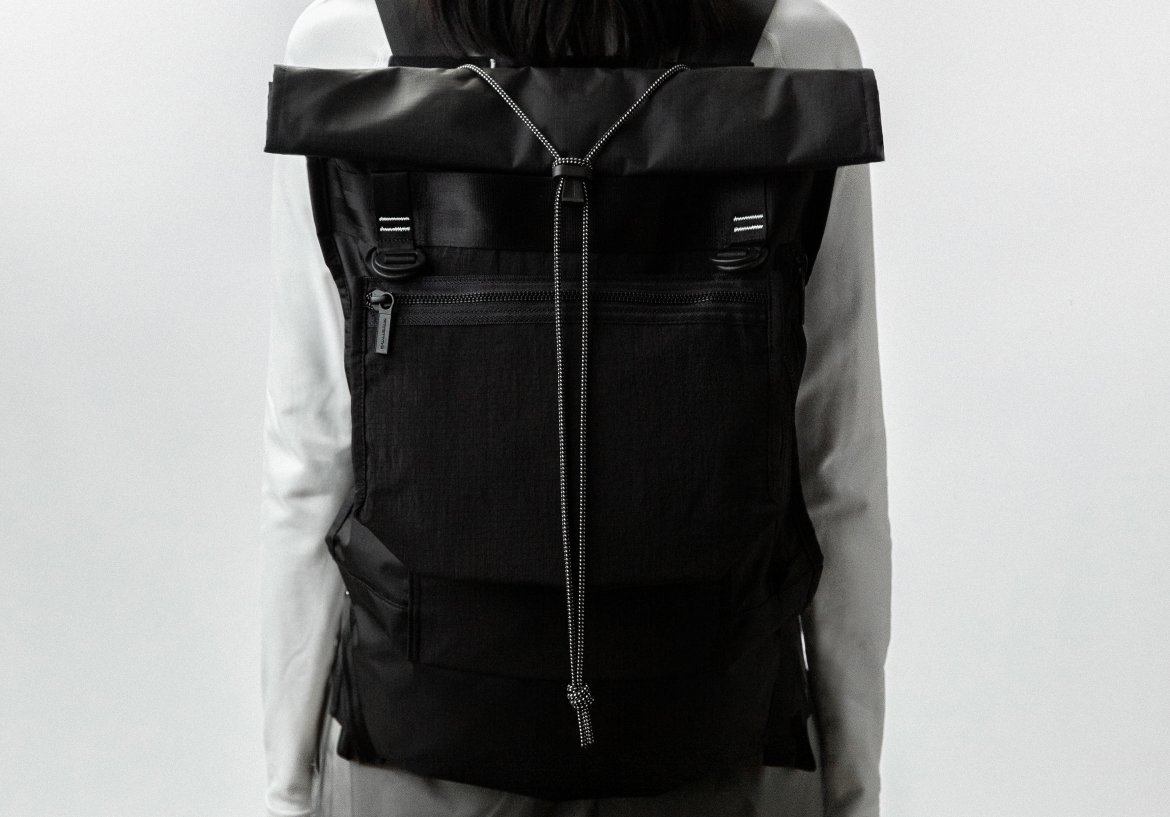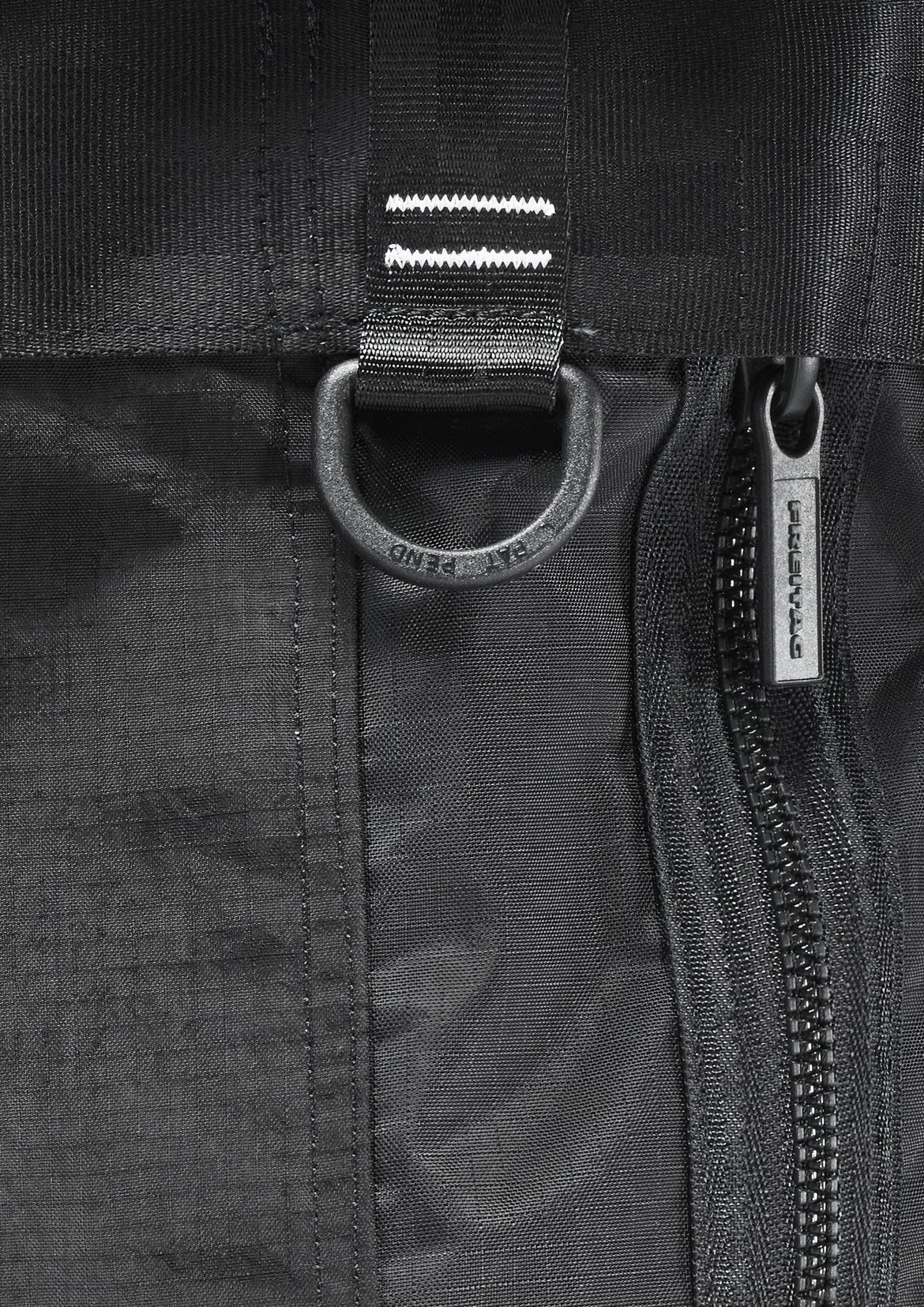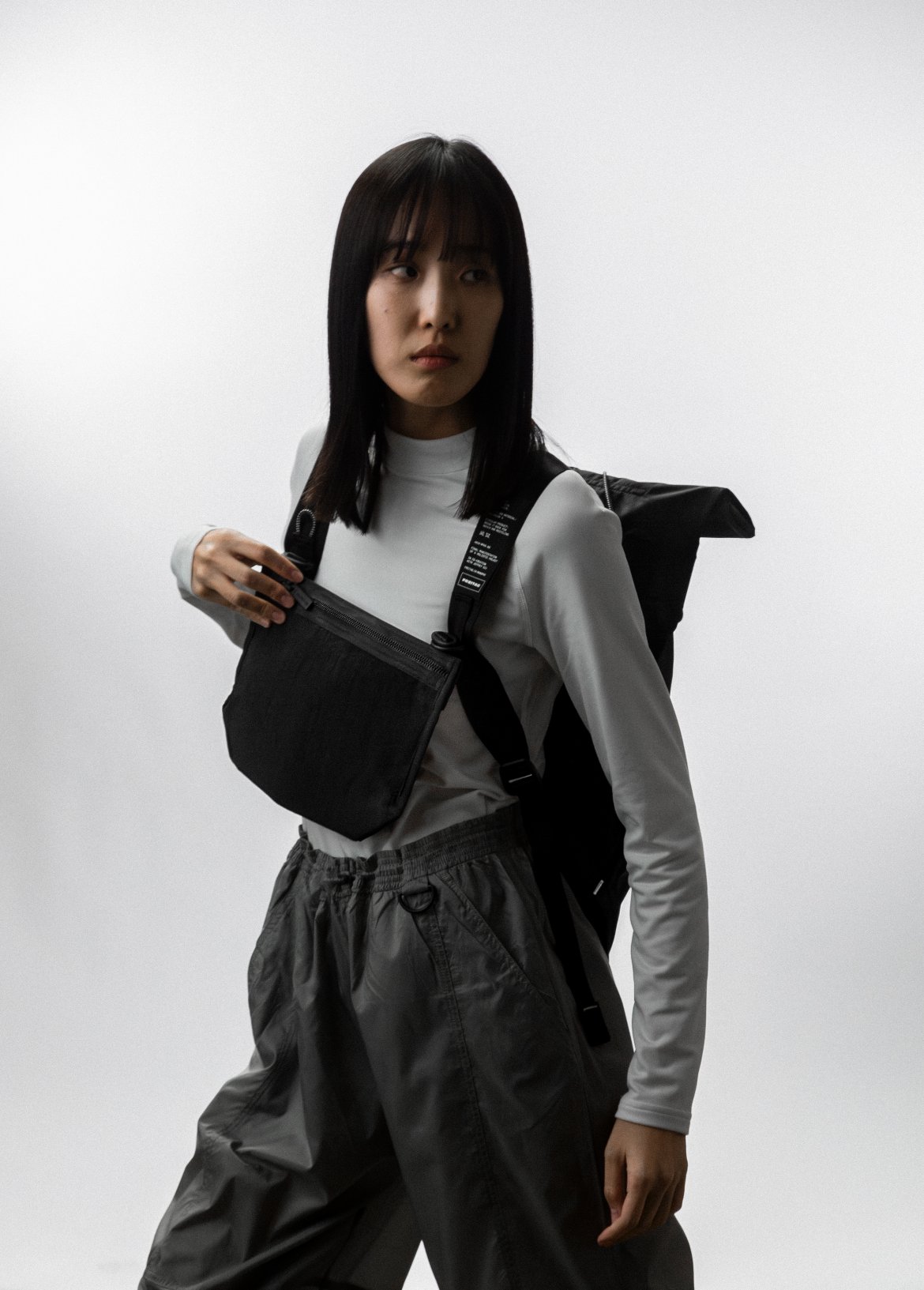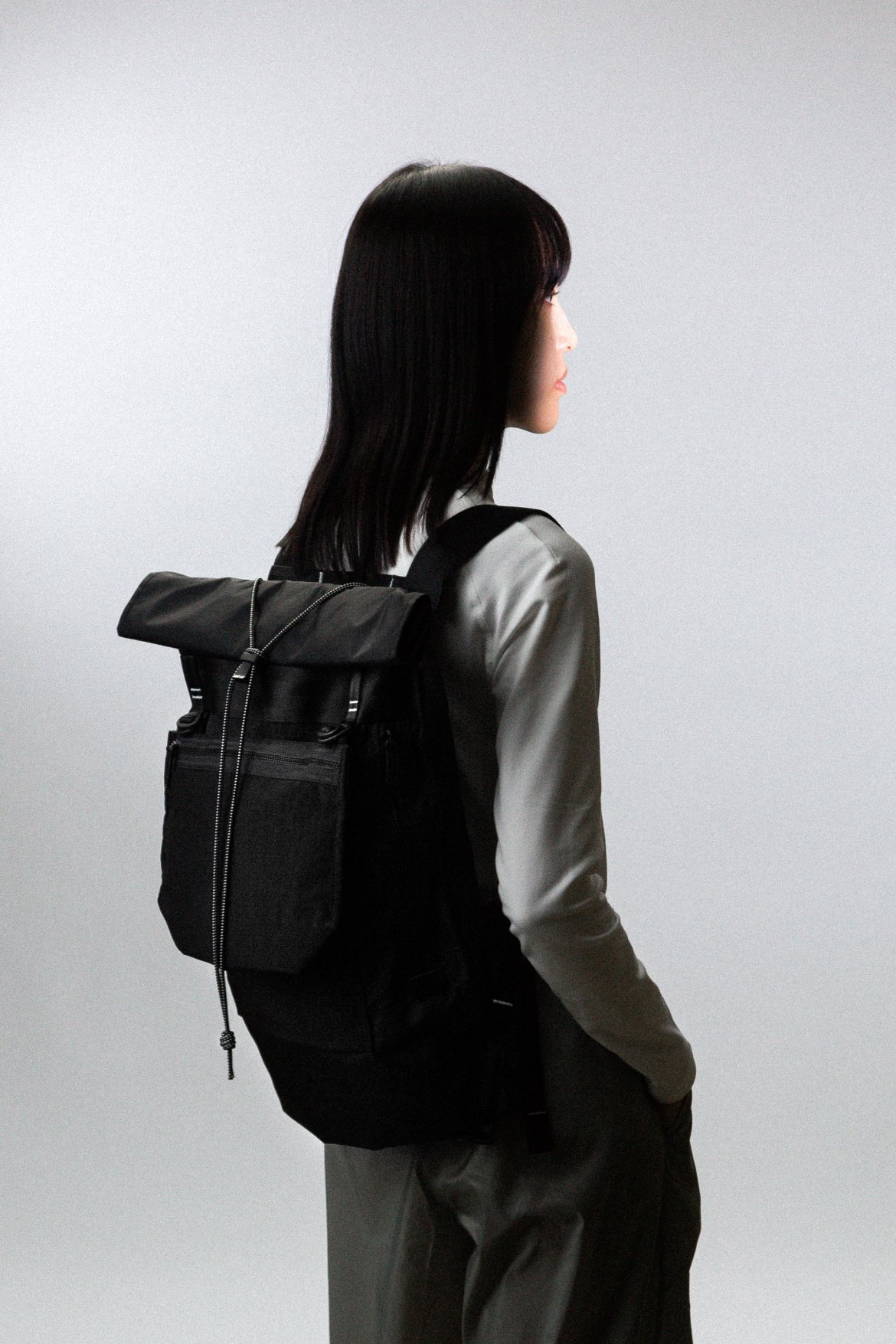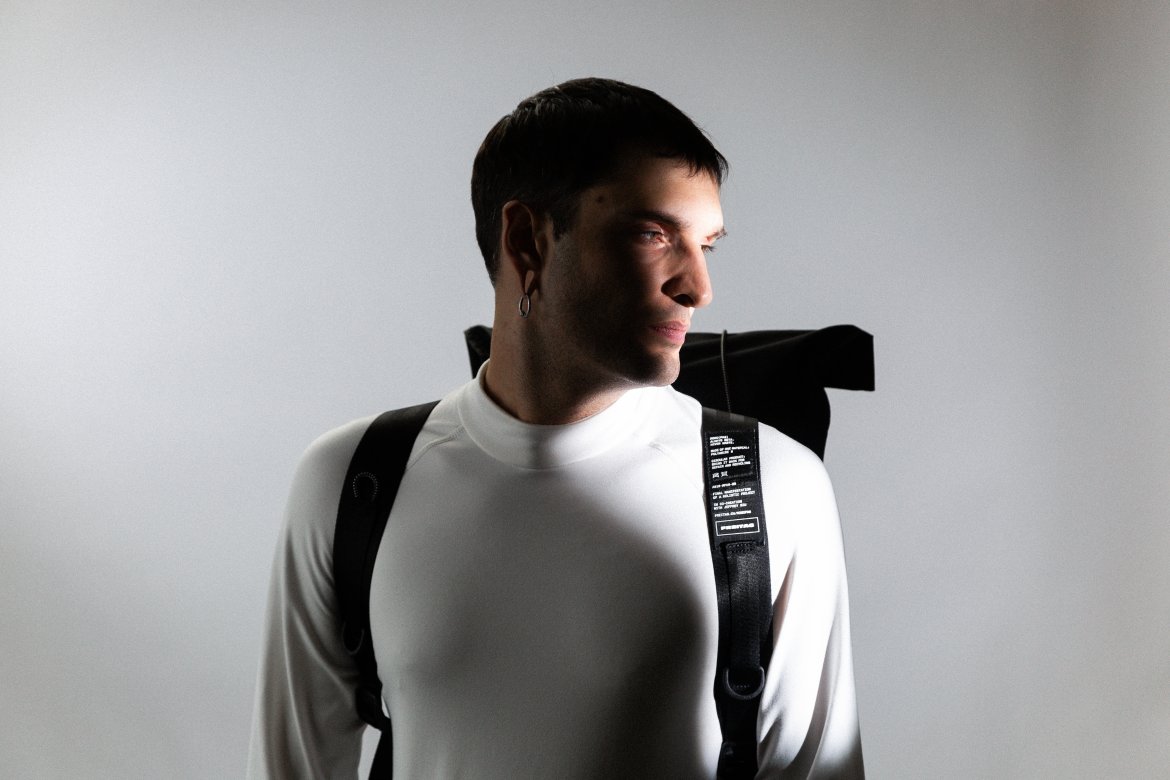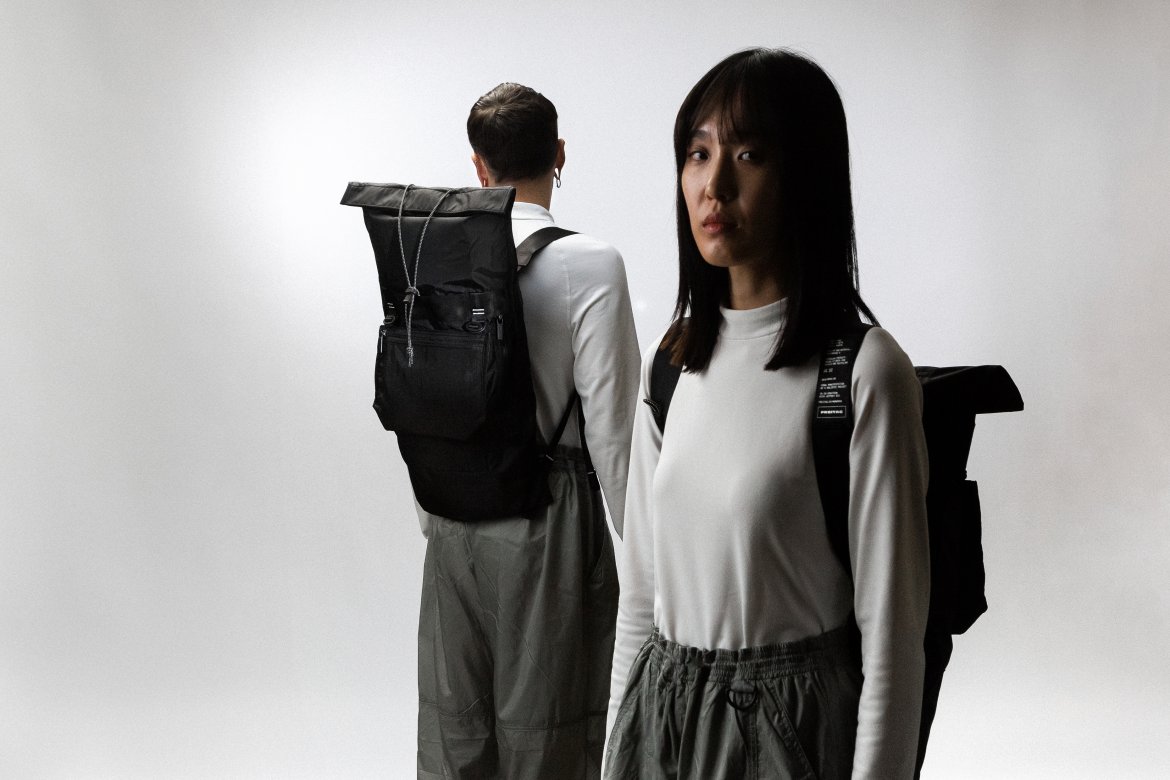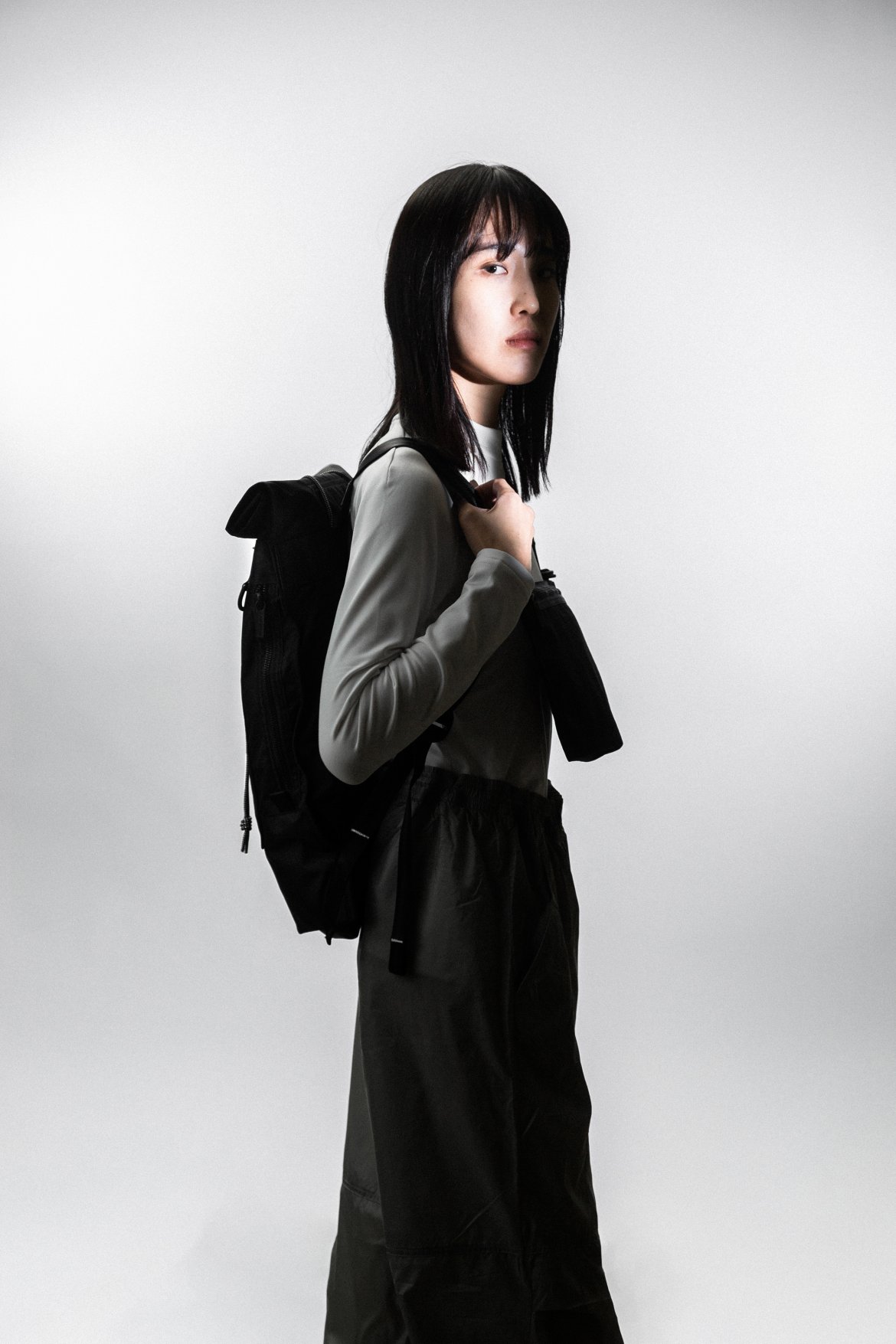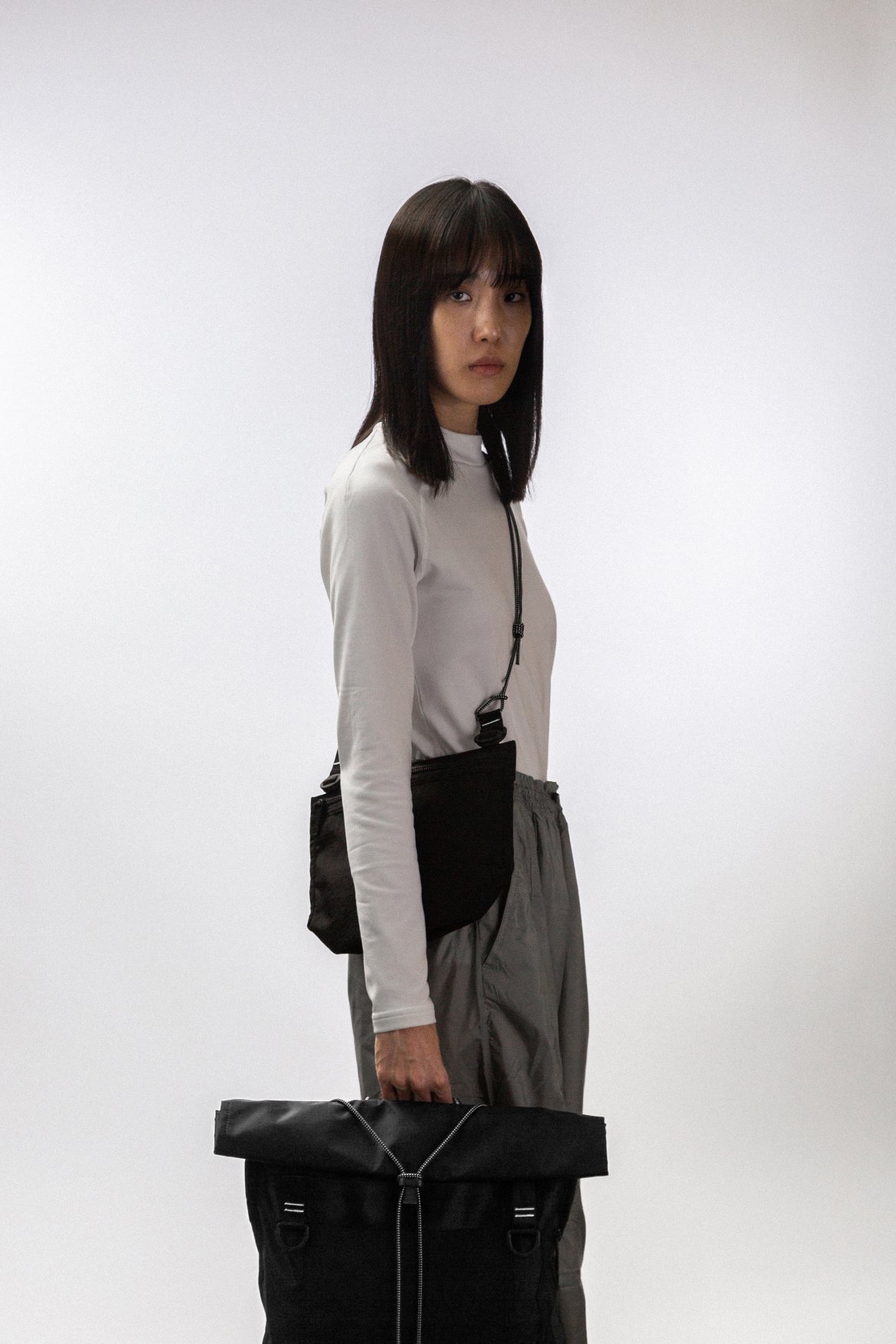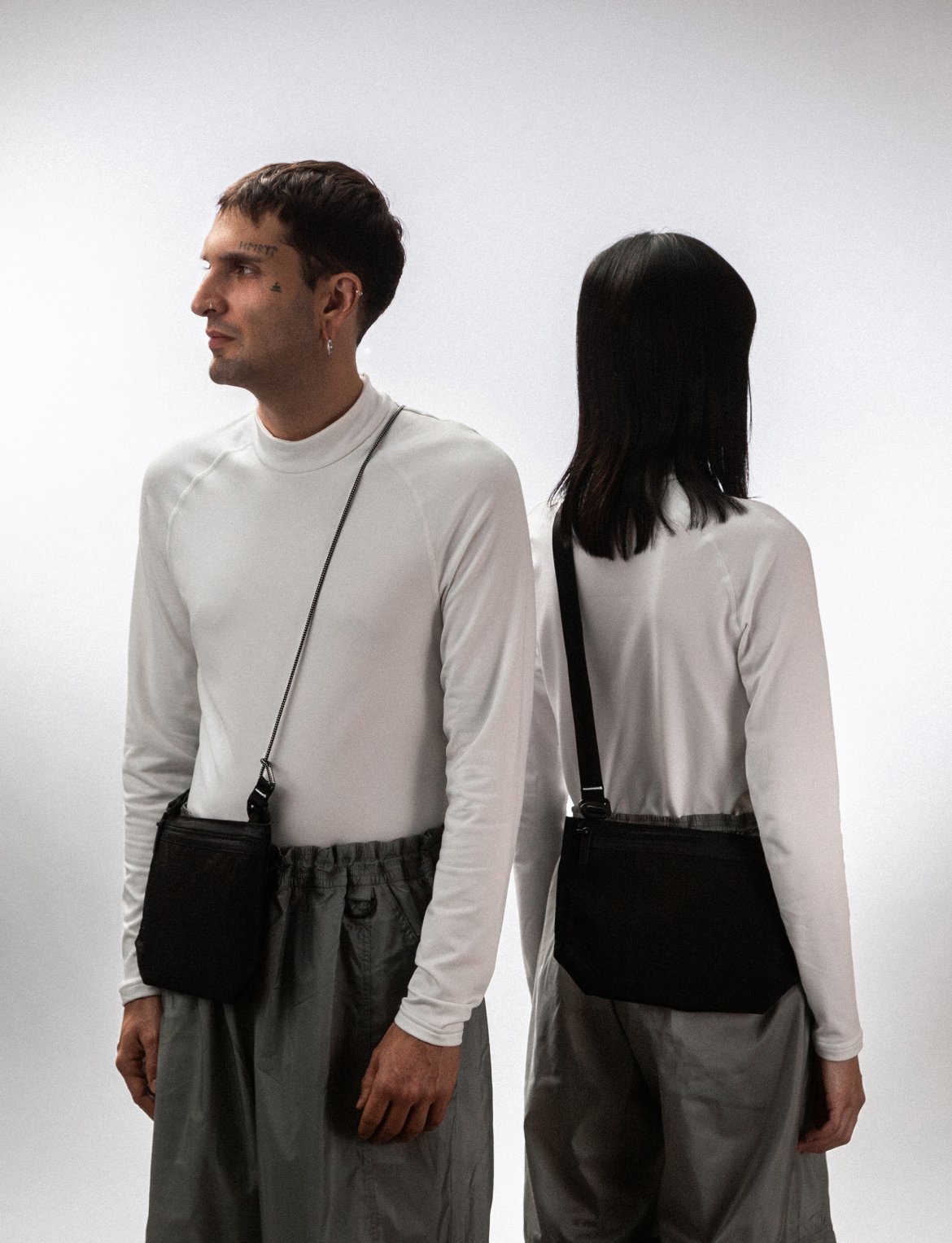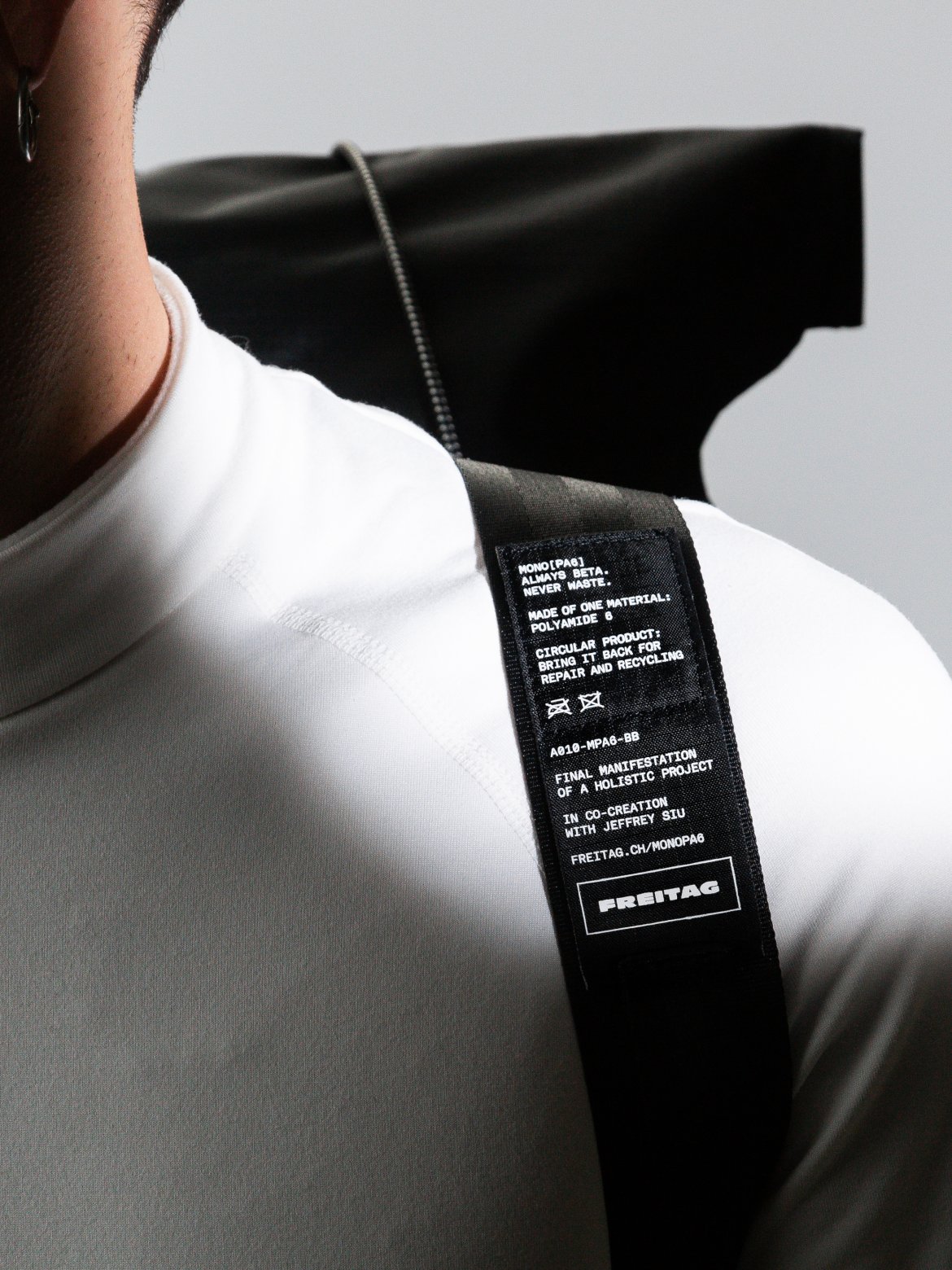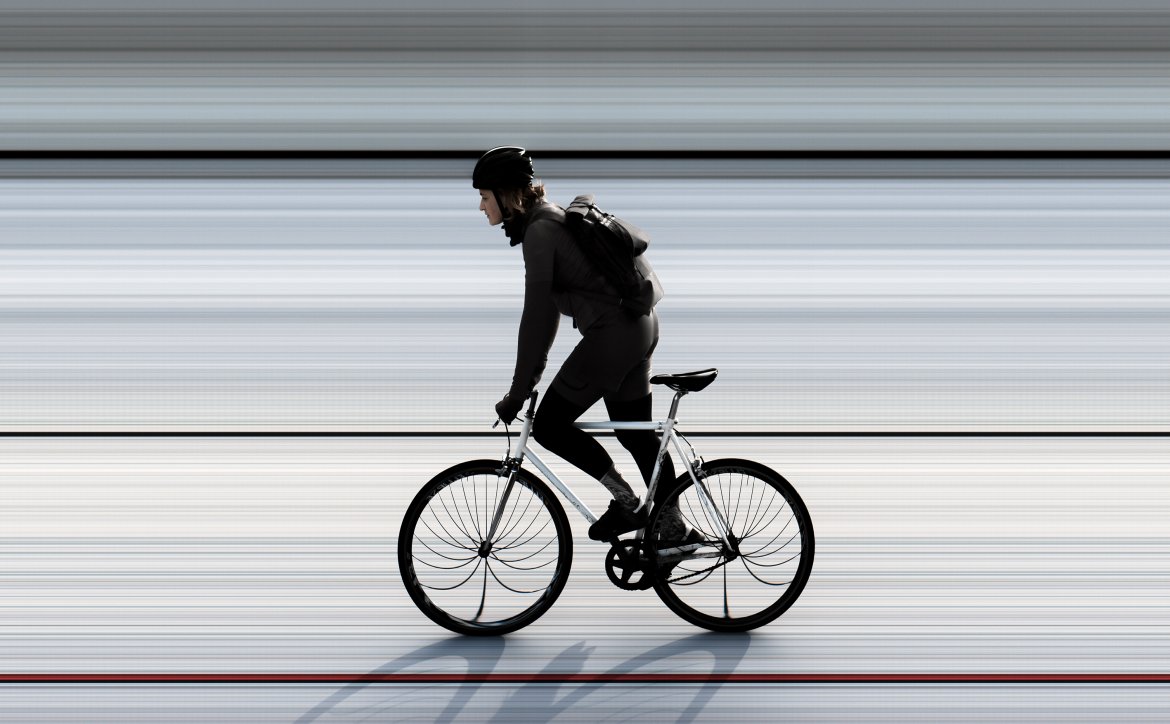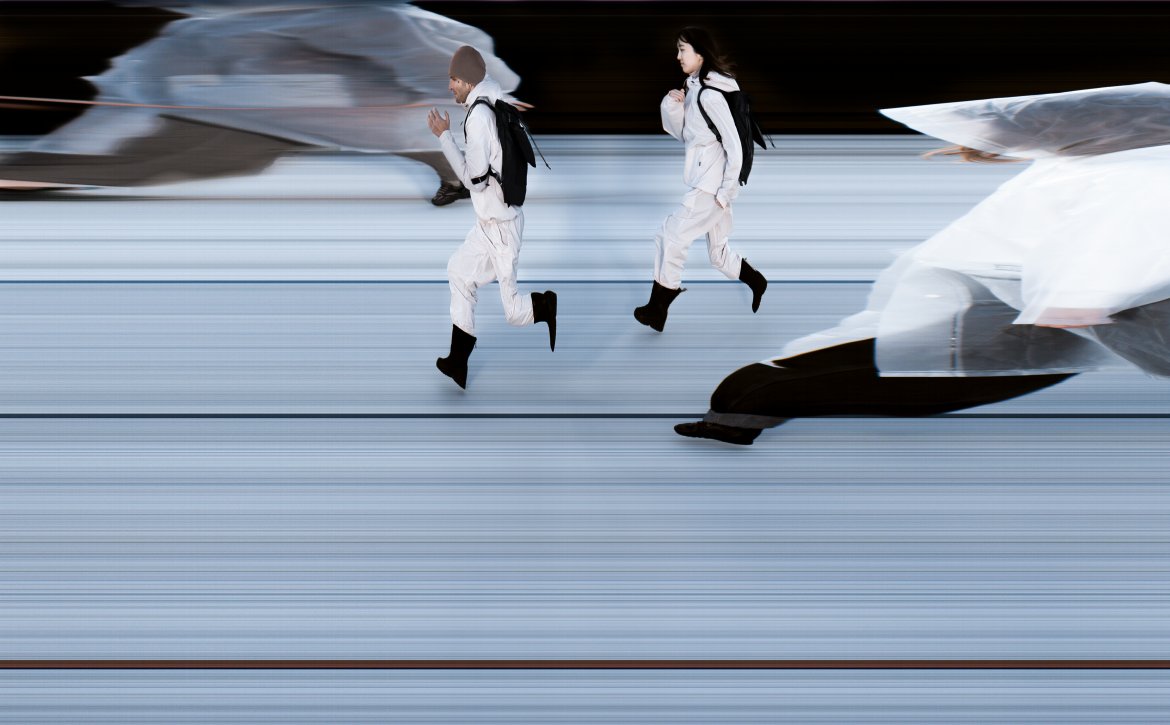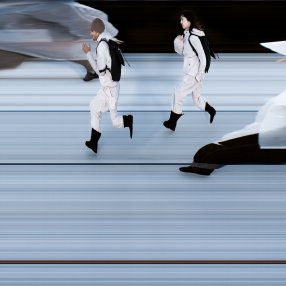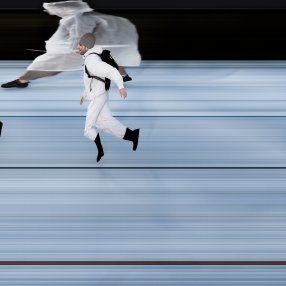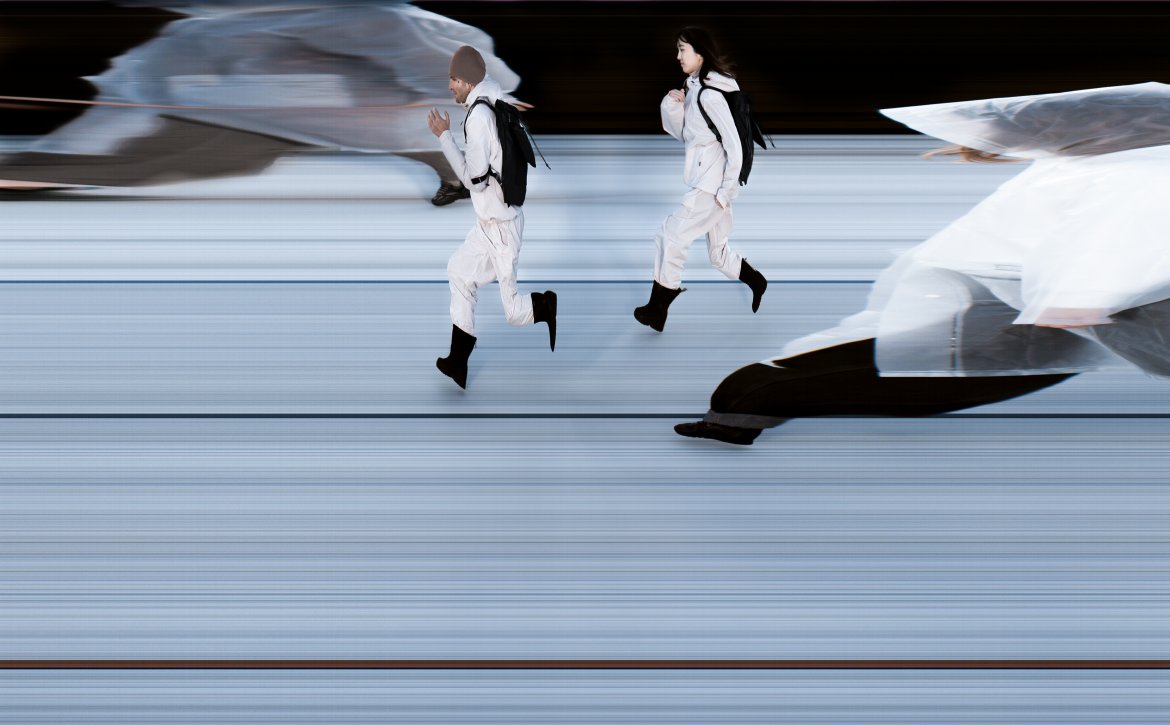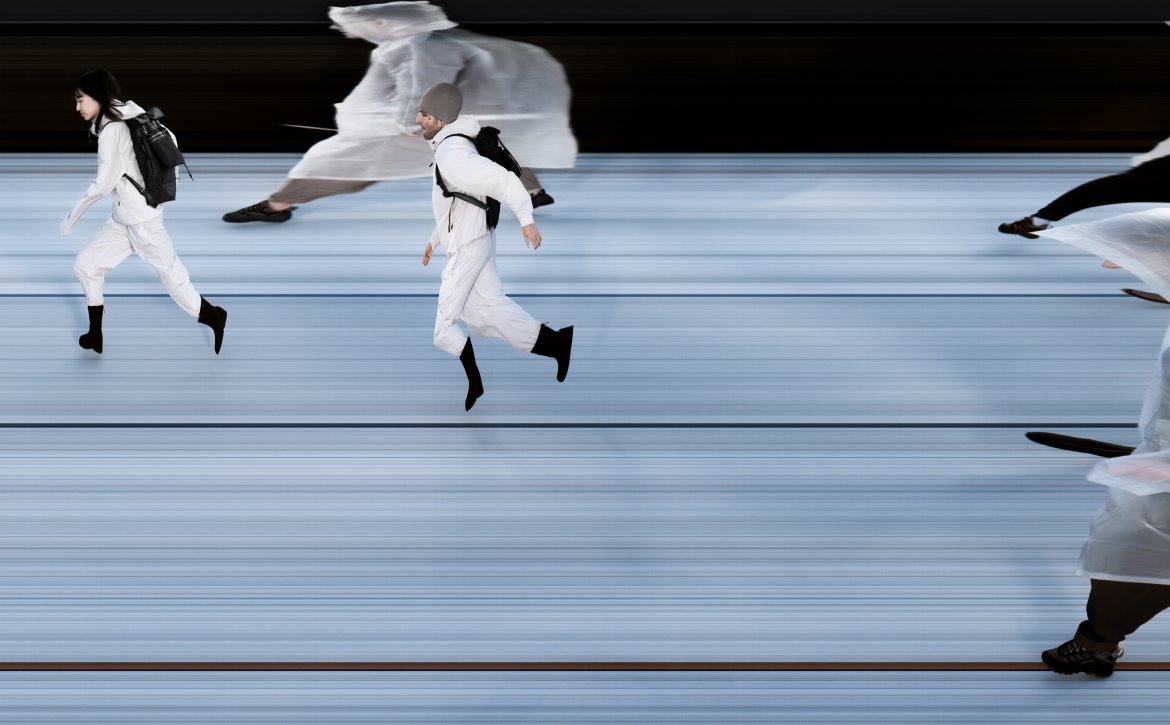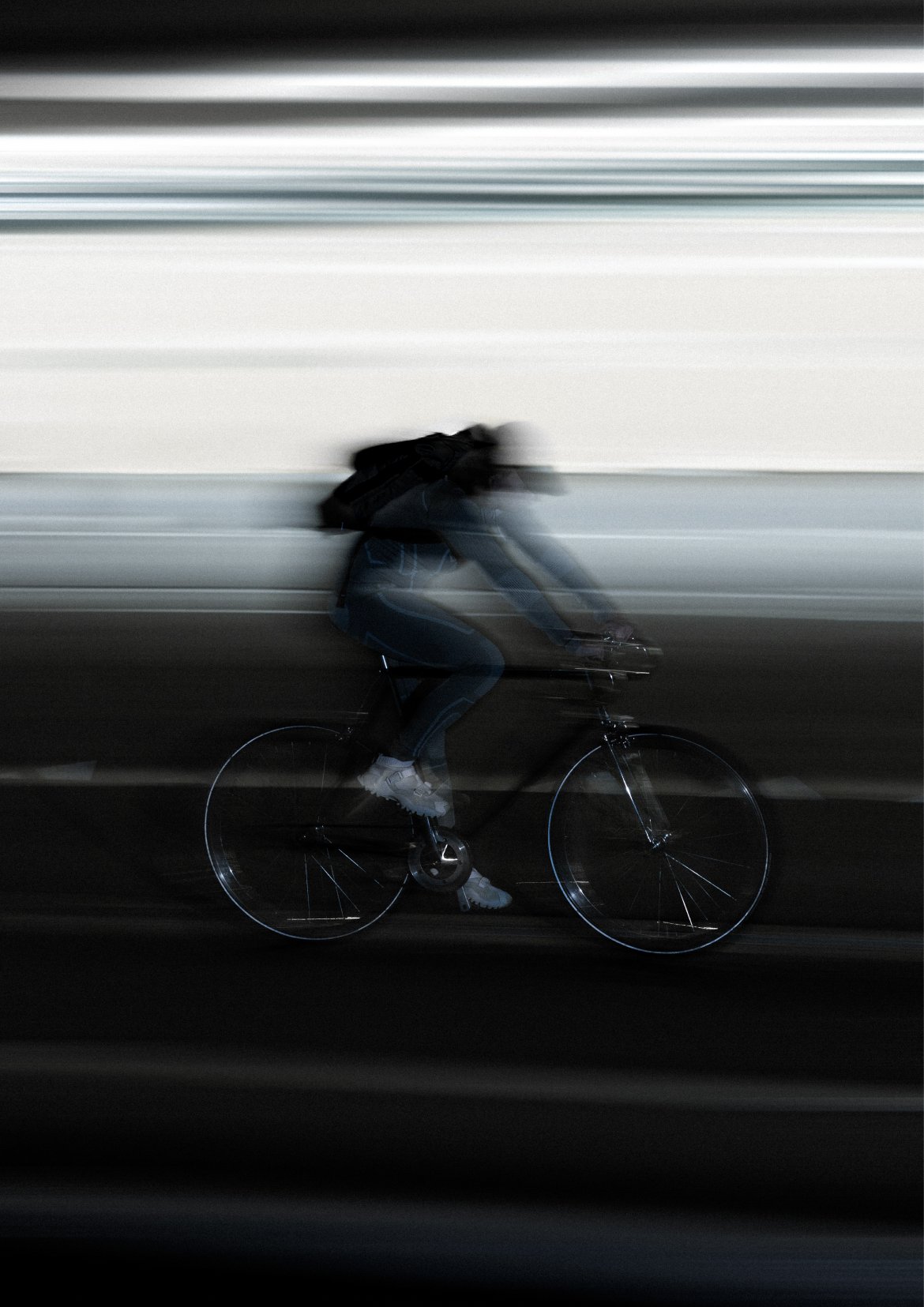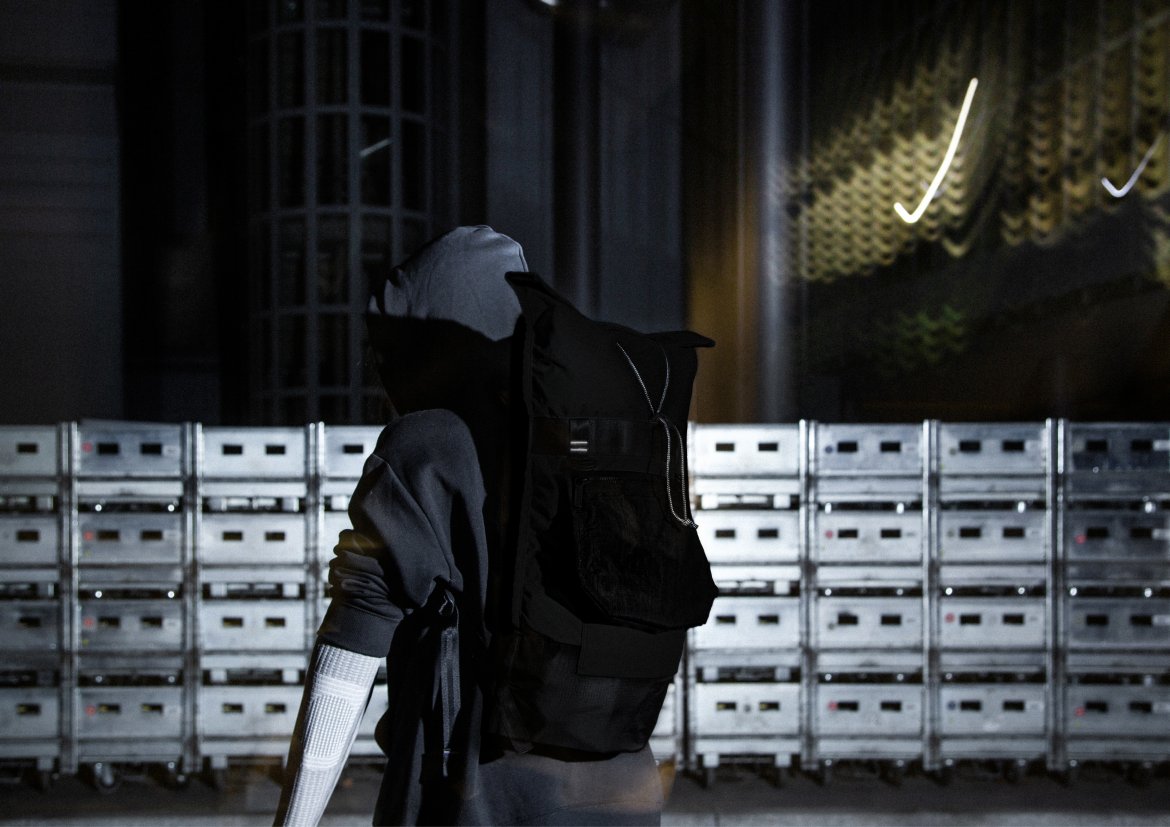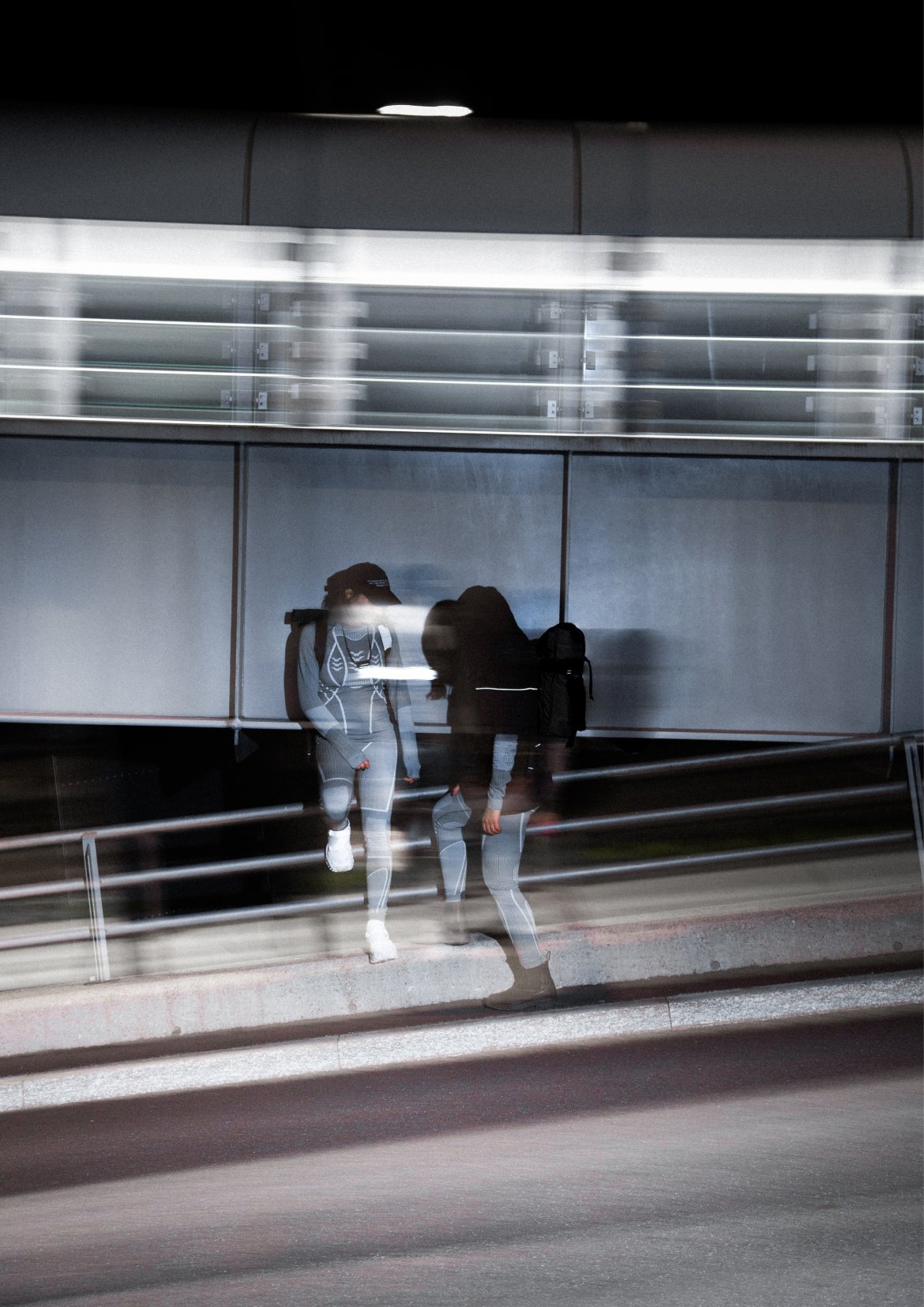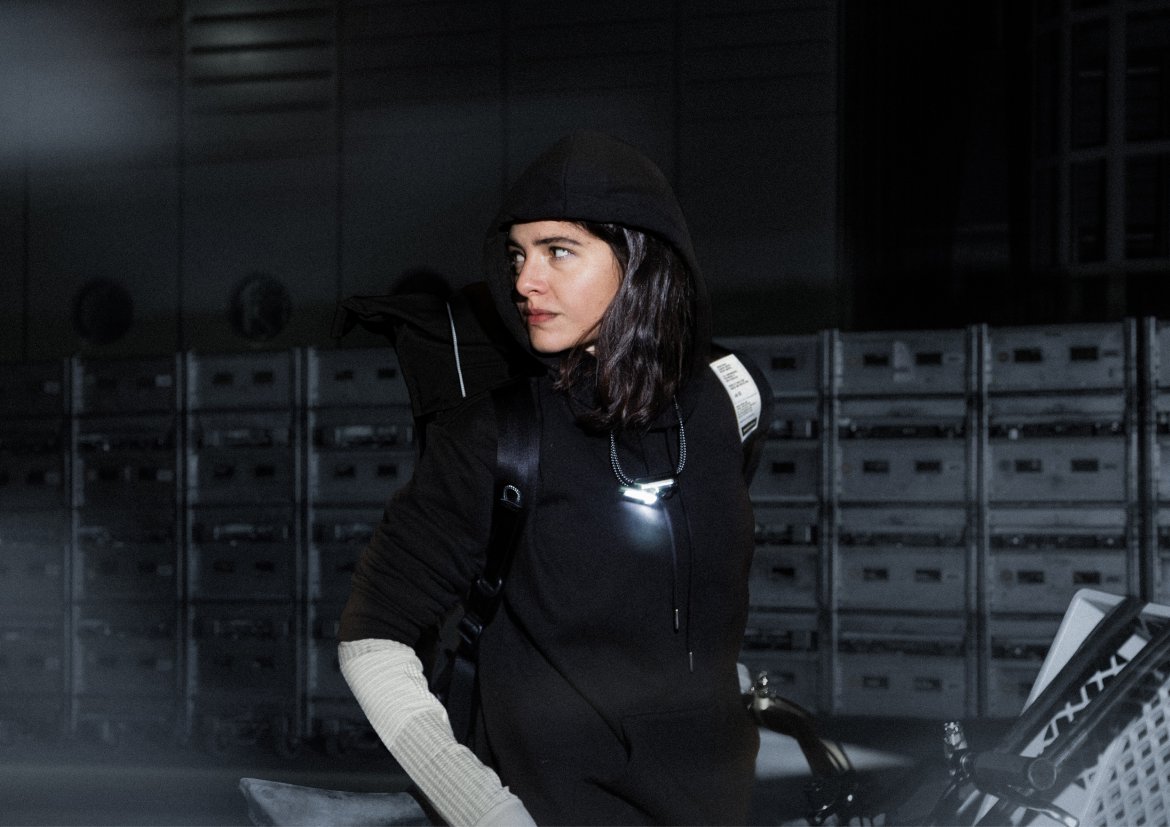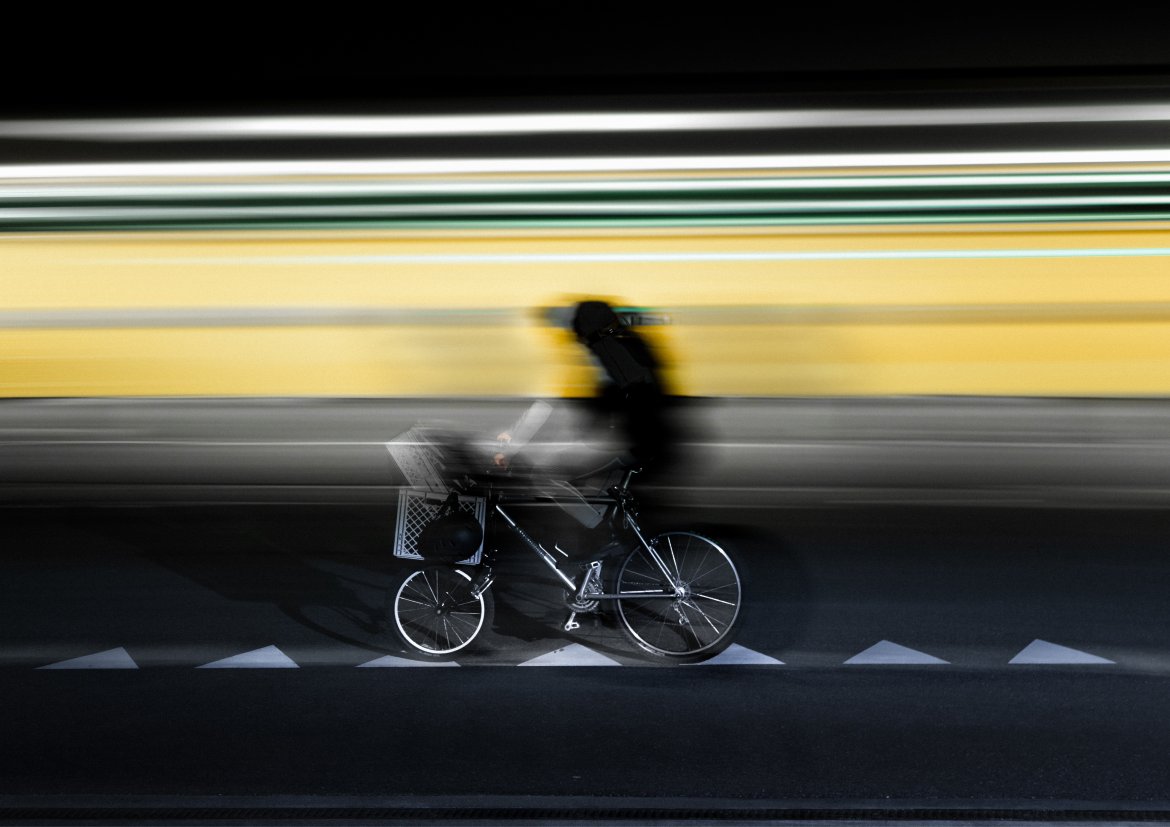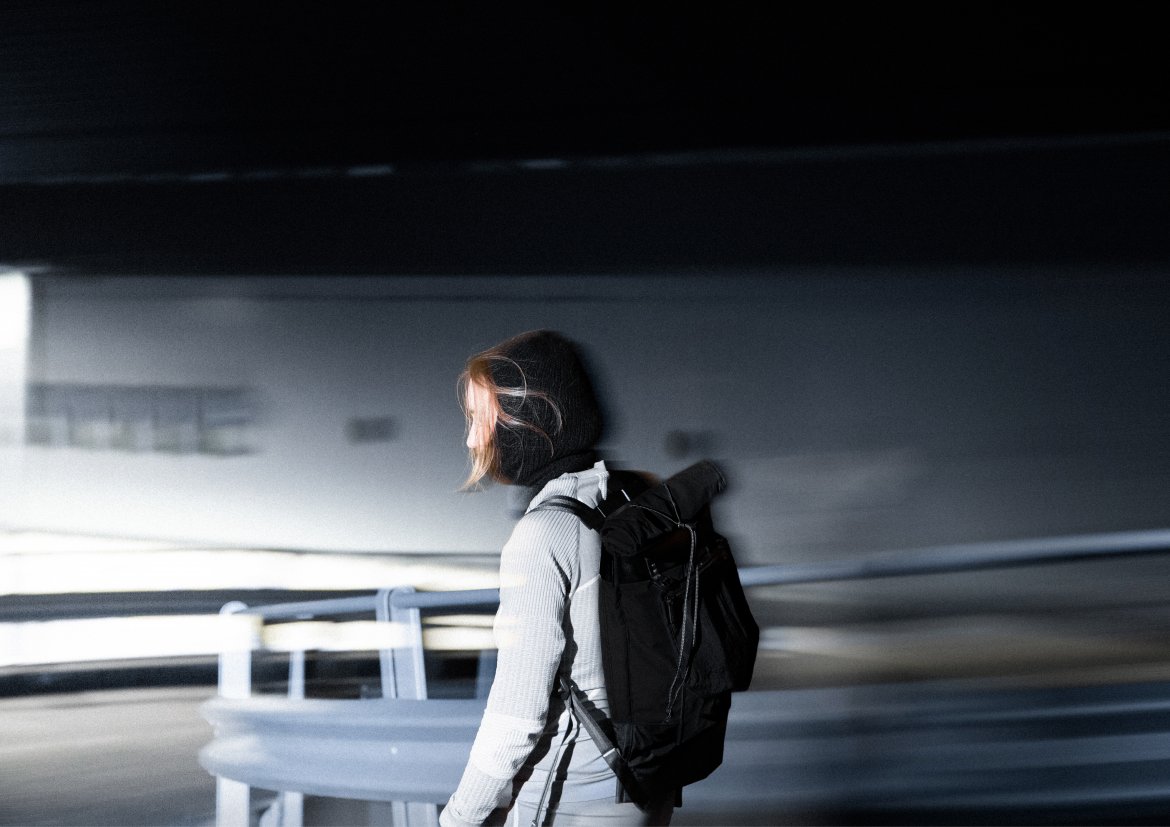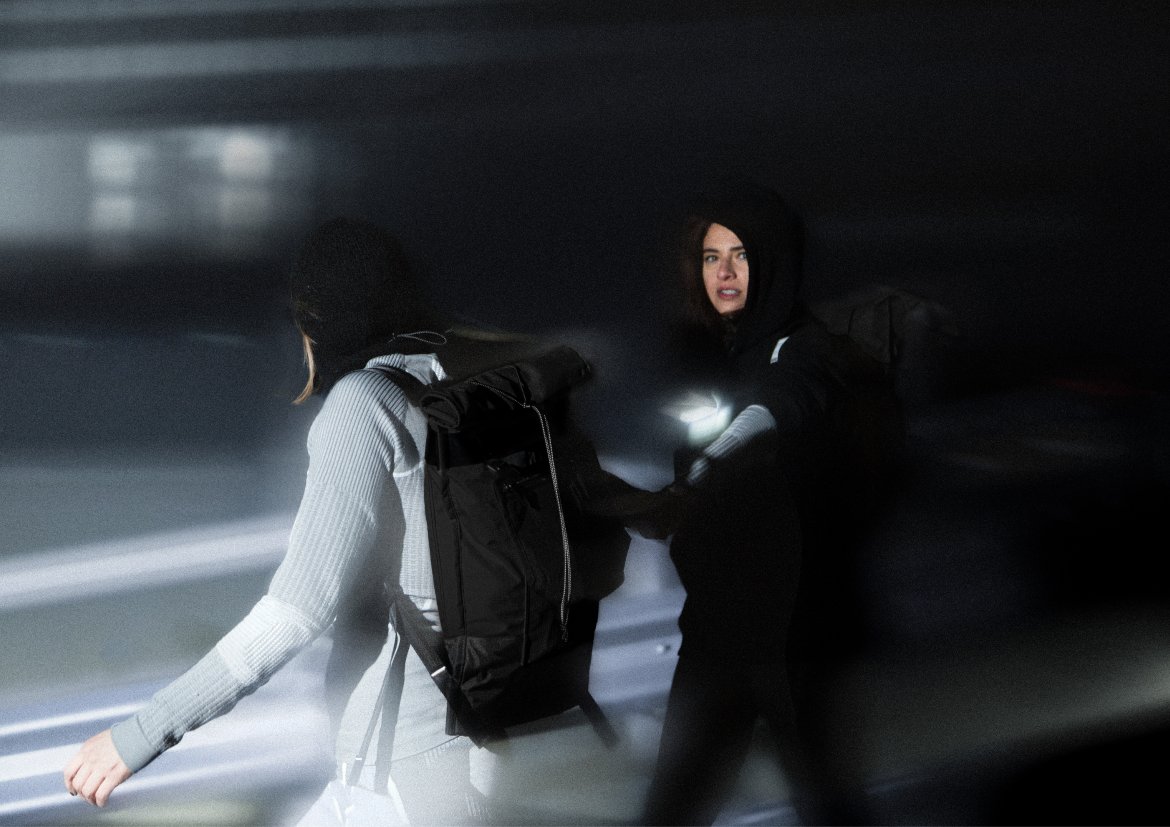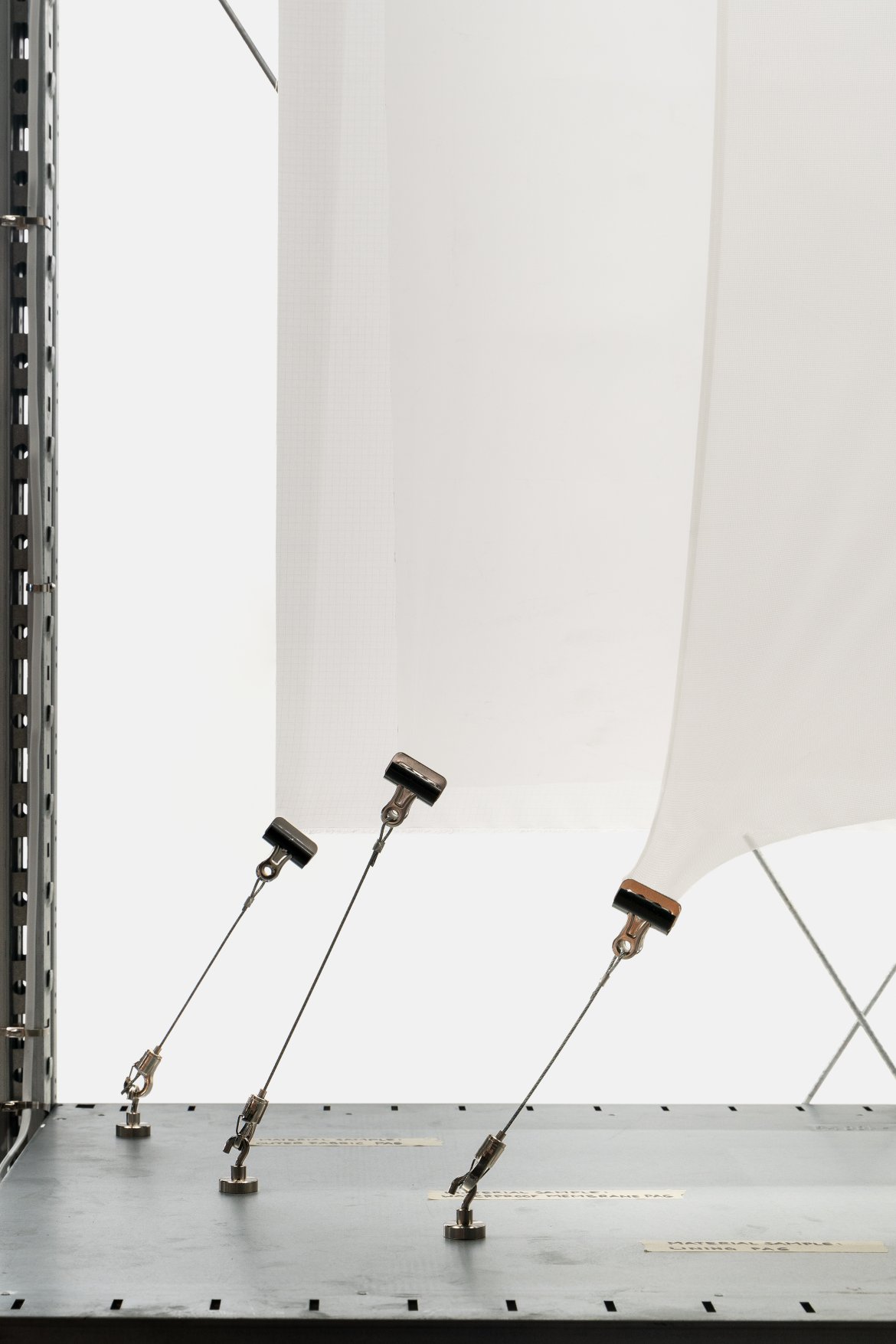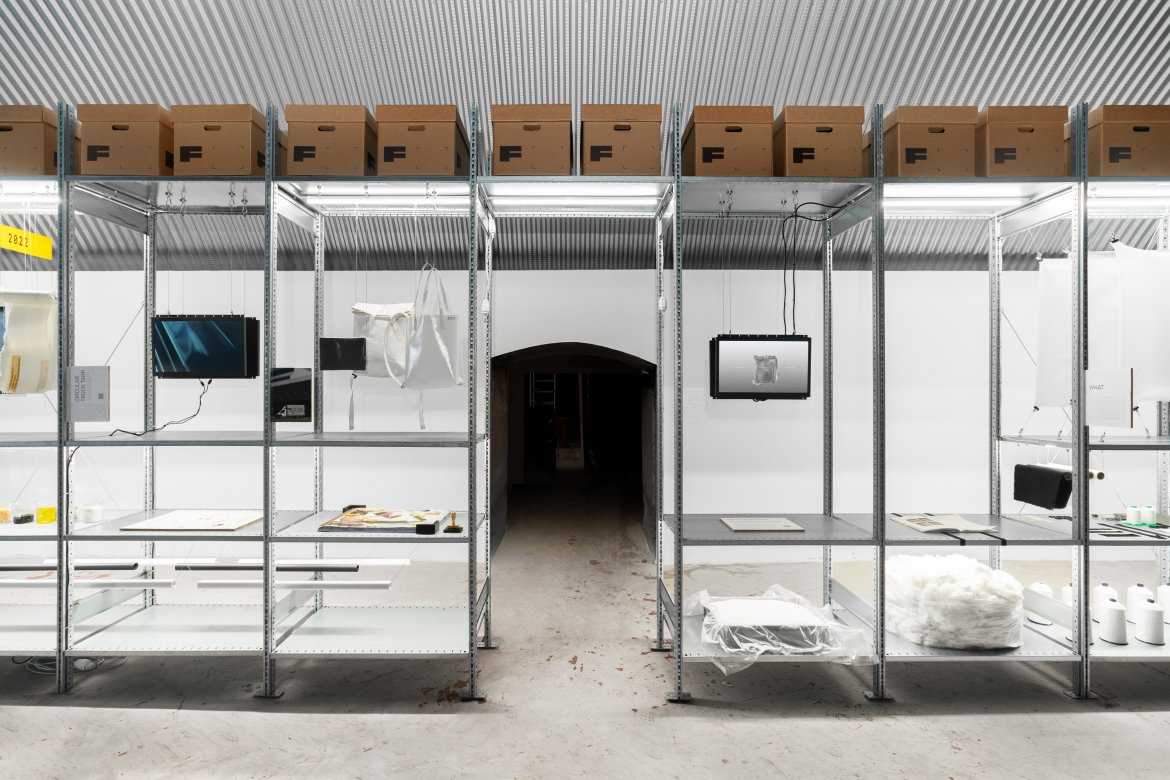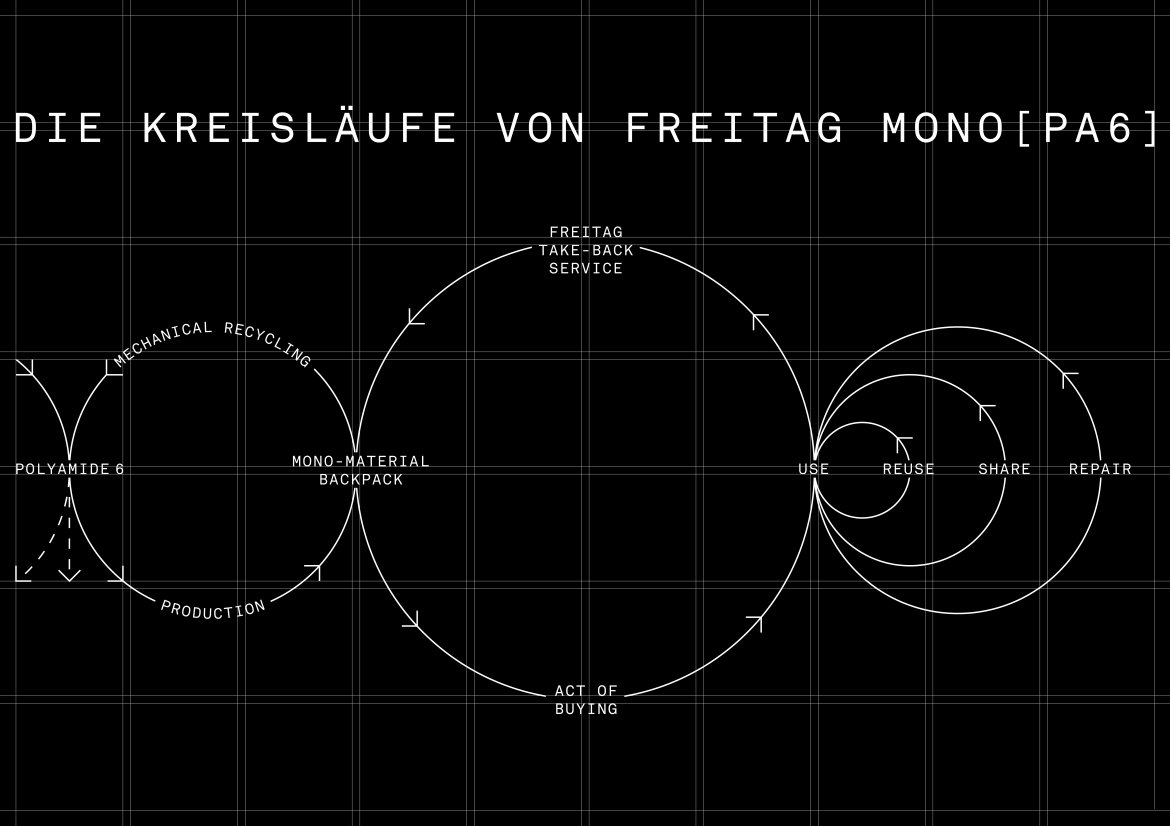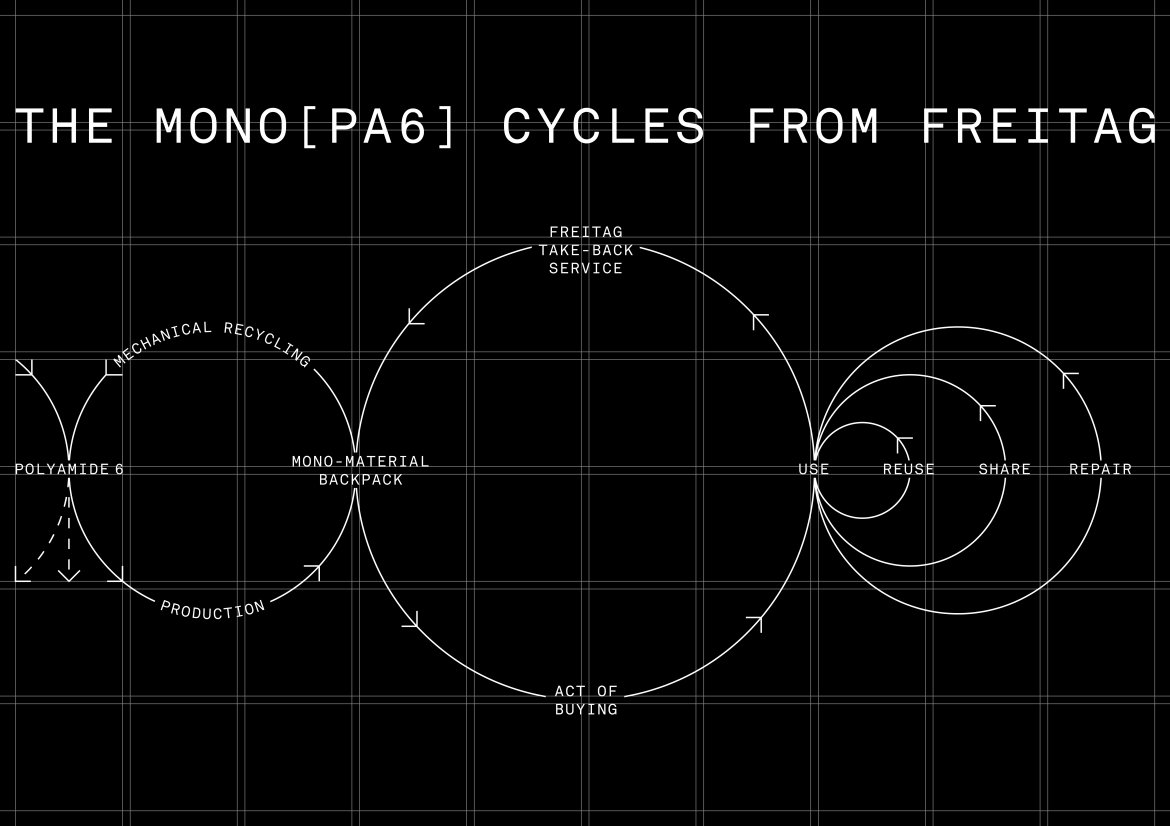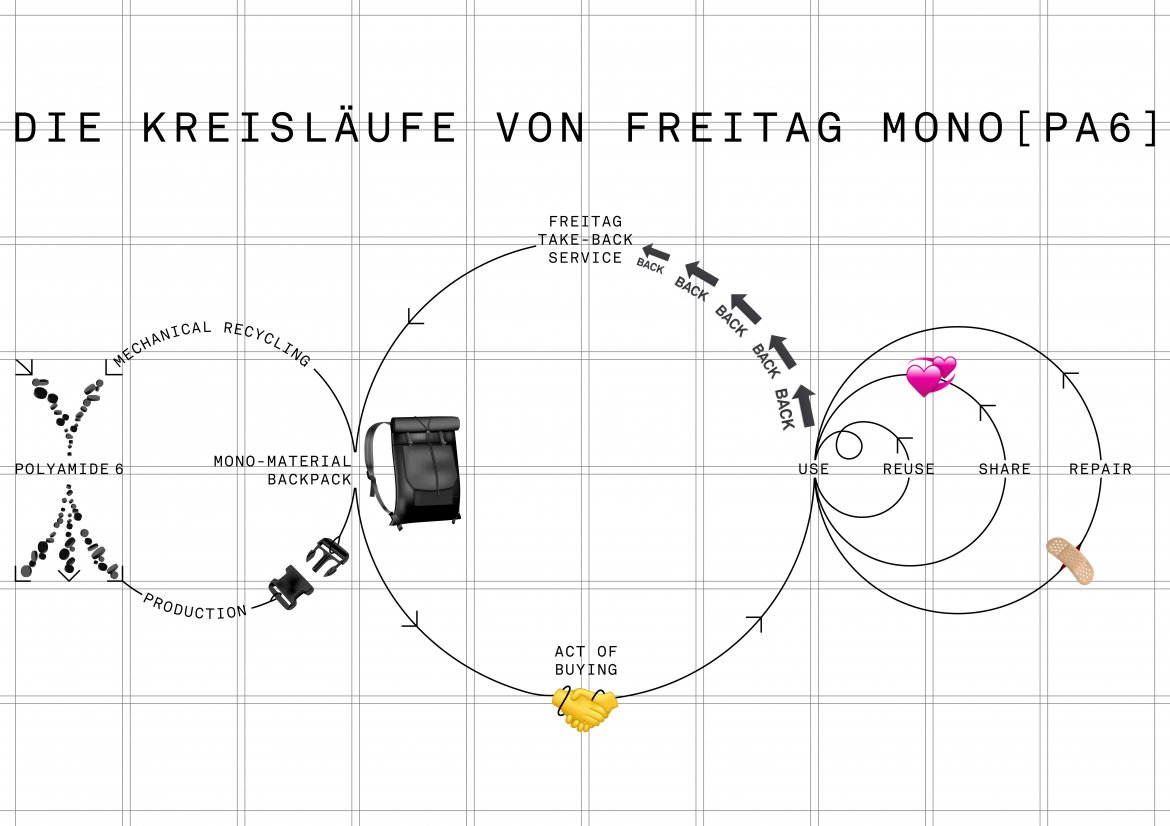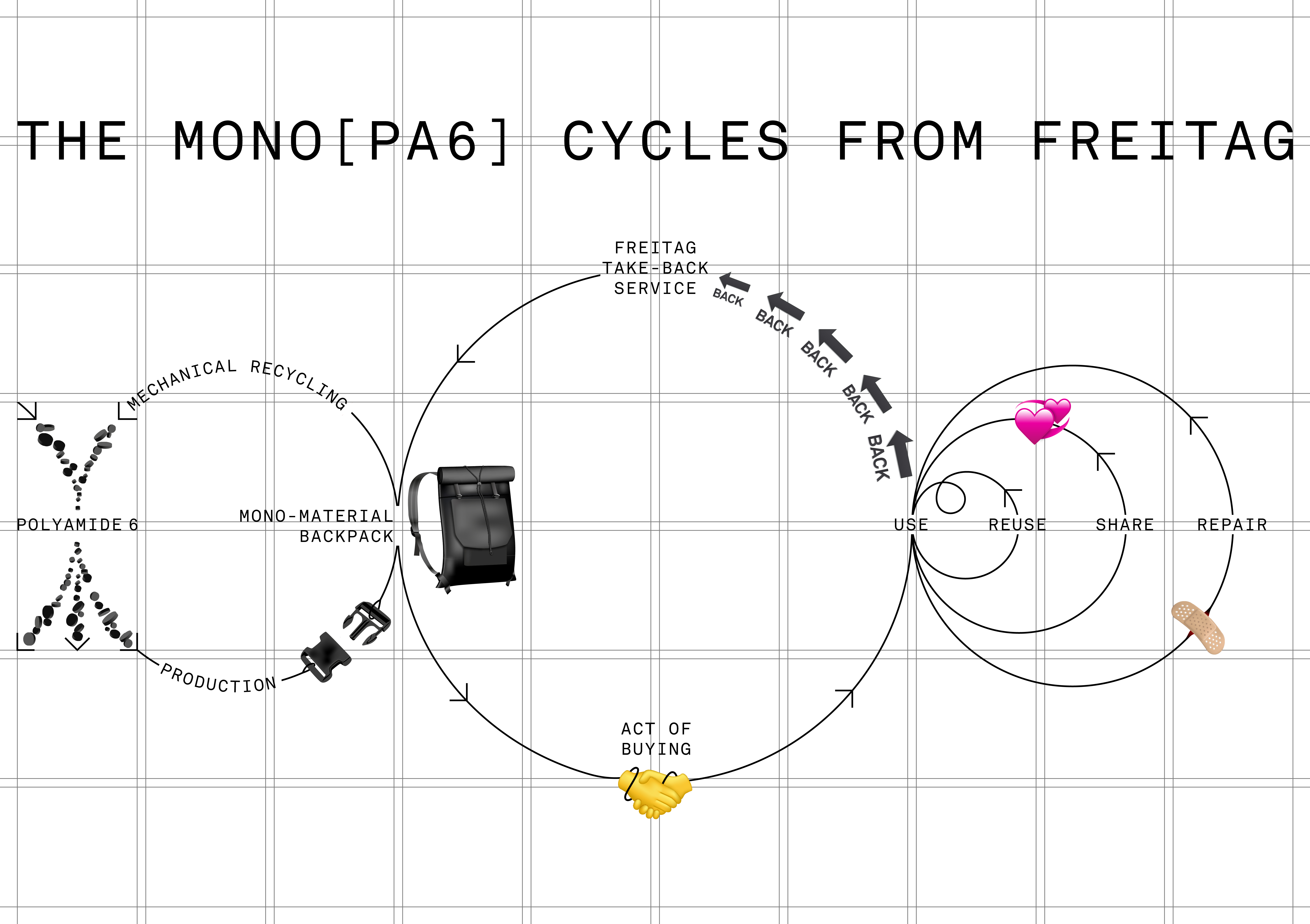
Media Overview
FREITAG MONO[PA6] BACKPACK:
A SINGLE MATERIAL. A LOT OF CYCLES.
«THE ROAD TO A CIRCULAR BACKPACK»
FROM THE IDEA TO THE CLOSING OF THE CYCLE: SHORT FILM ACCOMPANIES THE DEVELOPMENT OF THE FIRST CIRCULAR FREITAG BACKPACK
With the recyclable Mono[PA6] Backpack, FREITAG opens a new chapter in its vision of a circular future. Made from a single material, the backpack can be easily recycled at the end of its life and made into new backpack parts. Over and over again. To illustrate this circularity and the complexity behind it, FREITAG now presents a short film.
«The road to a circular backpack» documents the story behind the development of the Mono[PA6] Backpack and the process of returning it to FREITAG at the end of its life instead of throwing it in the trash. By this time, it will have been used, shared, and repaired as often and for as long as possible. «The film makes the complexity of the Mono[PA6] project visible, documents the backpack’s development process, and shows how the cycle can be closed in the future,» says Bianca Fleischmann, Art Director at FREITAG. As the history of the Mono[PA6] Backpack is still young, the first bags will probably only be returned to FREITAG via the take-back service in a few years. However, their recyclability has already been successfully tested and is documented in the film. In a nutshell, the concept works.
A shared responsibility, a joint achievement
At the end of the film, we bring in future bag owners. After all, without their cooperation, circularity cannot work. In other words, we can only create something new from Mono[PA6] Backpacks if they are returned to FREITAG one day instead of being thrown in the garbage. The scenes filmed for «The road to a circular backpack» give an insight into the bag manufacturer’s Zurich studios and the currently designated recycling plant of the Institute for Materials Engineering and Plastics Processing (IWK). For the joint conception and realization of the movie, FREITAG was once again able to win the director and photographer Elias Bötticher, who has already realized other campaigns about Mono[PA6].
Now available at all FREITAG Stores
One more thing. We didn’t choose the date for the short film’s release at random. From September 18, the Mono[PA6] Backpack launched in spring 2024 will be available for the first time at all 30 FREITAG Stores instead of just five Stores up till now. And it can still be purchased online and from selected partners. FREITAG continues to develop the Mono[PA6] family; the next product launch is scheduled for 2025.
More information about the FREITAG Mono[PA6] Backpack can be found here.
Conception and implementation: Elias Bötticher & FREITAG
FREITAG MONO[PA6] BACKPACK:
A SINGLE MATERIAL. A LOT OF CYCLES.
HIGH-RES PHOTO DOWNLOAD
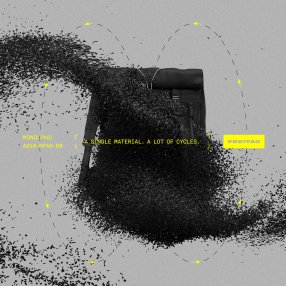
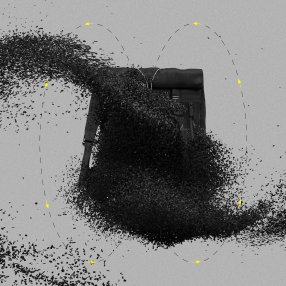
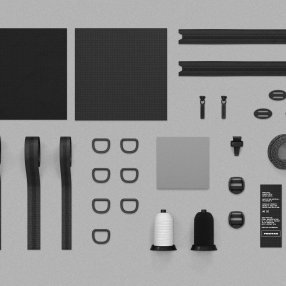
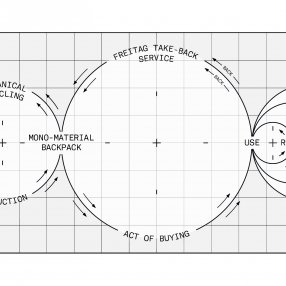
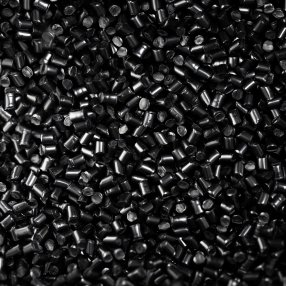
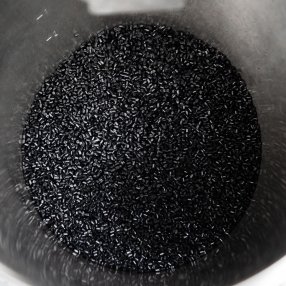
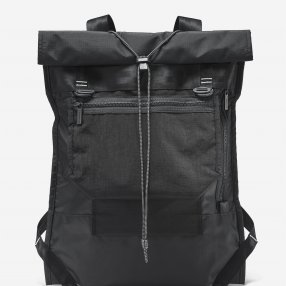
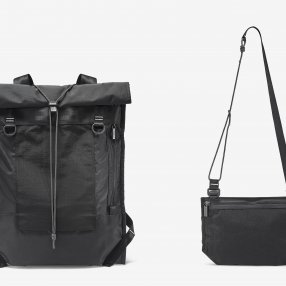
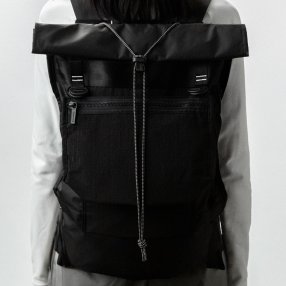
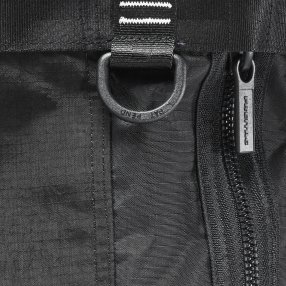
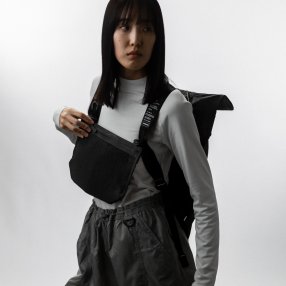
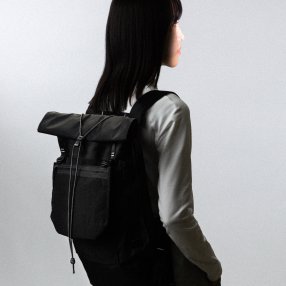
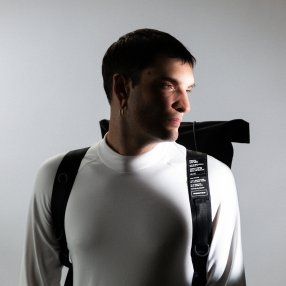
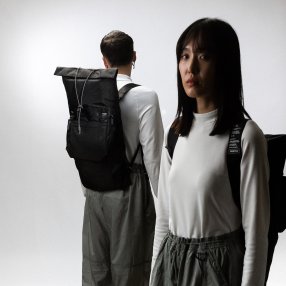
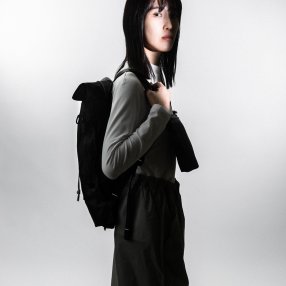
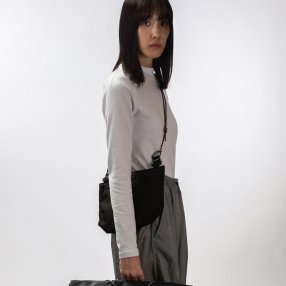
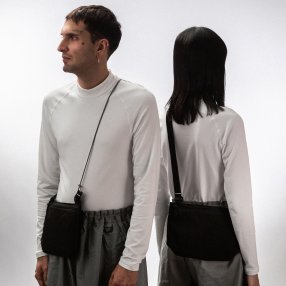
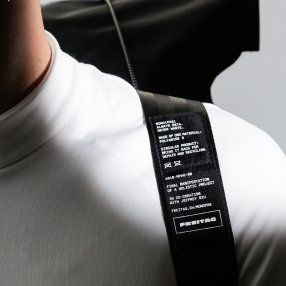

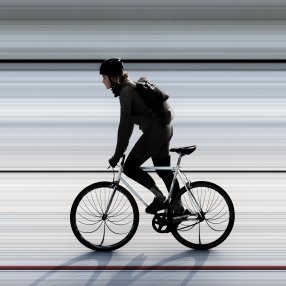

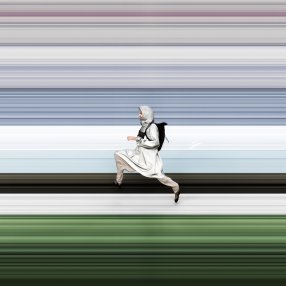

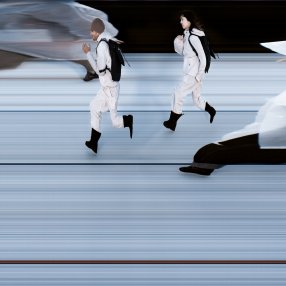
A single material, a lot of cycles: the first circular FREITAG backpack. Credits: FREITAG
After a long life, the FREITAG Mono[PA6] backpack doesn’t end up in the garbage but returns to the material cycle. Credits: FREITAG
Mono-materiality: To ensure that the Mono[PA6] backpack can be recycled as a whole and is entirely circular, all its components are made of a single material. Credits: FREITAG
After a long life, the FREITAG Mono[PA6] backpack doesn’t end up in the garbage but returns to the material cycle. Credits: FREITAG
Photo credits: Elias Bötticher
Photo credits: Elias Bötticher
The new FREITAG Mono[PA6] backpack: fully recyclable thanks to mono-materiality. Photo credits: Oliver Nanzig
Adjustable volume, with detachable outer pocket: The multifunctional Mono[PA6] backpack is incredibly versatile. Photo credits: Oliver Nanzig
Hi, and see you again and again: The new FREITAG Mono[PA6] backpack is recyclable. Photo credits: Elias Bötticher
Mono-materiality: To ensure that the Mono[PA6] backpack can be recycled as a whole and is entirely circular, all its components are made of a single material. Photo credits: Oliver Nanzig
Rapid access to important stuff and unrestricted freedom of movement: The detachable musette can also be secured on the front. Photo credits: Elias Bötticher
A single material, a lot of cycles: the first circular FREITAG backpack. Photo credits: Elias Bötticher
At the end of its life, the Mono[PA6] backpack can be recycled in its entirety and turned into something new. Photo credits: Elias Bötticher
The multifunctional two-in-one backpack has a variable volume and covers all urban mobility needs. Photo credits: Elias Bötticher
Rapid access to important stuff and unrestricted freedom of movement: The detachable musette can also be secured on the front. Photo credits: Elias Bötticher
Two products in one: The musette can be attached to the backpack or carried separately as a crossbody bag. Photo credits: Elias Bötticher
For urban missions with ultra-light luggage: The detachable musette can also be carried as a crossbody bag. Photo credits: Elias Bötticher
Photo credits: Elias Bötticher
The Mono[PA6] backpack’s design reflects FREITAG's roots in cycling culture. Photo credits: Elias Bötticher
The Mono[PA6] Backpack was cast in a unique light using a modified industrial camera with slit-scan technology. Photo credits: Elias Bötticher
Photo credits: Elias Bötticher
The Mono[PA6] Backpack was cast in a unique light using a modified industrial camera with slit-scan technology. Photo credits: Elias Bötticher
The Mono[PA6] Backpack was cast in a unique light using a modified industrial camera with slit-scan technology. Photo credits: Elias Bötticher
Download all media. Please mention photo credits (see image caption).
The first circular FREITAG backpack – made of a mono-material and repeatably recyclable
The new Mono[PA6] Backpack from FREITAG is circular. From the fabric to the zippers and buckles, it’s made from a single material and can be easily recycled in its entirety at the end of its life. By launching this innovative product, the Zurich-based bag manufacturer is closing a material loop and taking a significant step towards its vision of a circular economy.
Zurich, Switzerland, April 2024 – Thinking and acting in cycles is integral to FREITAG’s DNA. The company's vision is to design bags and accessories that are no longer simply made from used materials but also circular. «We have to take a holistic approach to the design of our products, keeping the end of their lives in mind and making sure that everything designed to be circular actually goes back into the cycle,» says Anna Blattert, Circular Technologist at FREITAG. After three years of development, the time has come, and FREITAG is launching its latest circular innovation. The Mono[PA6] Backpack is not only functional, durable, and water-repellent but also fully recyclable and thus circular.
Recycling made easy thanks to a mono-material
To make the recycling process as simple and resource-saving as possible, FREITAG has opted for the mono-materiality principle in its latest development. Polyamide 6, PA6 for short, better known as nylon, is the material of choice: versatile, robust, and adaptable. However, making a backpack out of just one material is much more complicated than it might sound. A total of 17 components made of PA6 had to be found, all with their own specific requirements regarding texture and properties: from a water-repellent primary material to sturdy zippers and solutions for carrying straps, labels, or sewing thread.
Water-repellent and circular: a material innovation
FREITAG firmly believes that the transformation to a circular economy can only be achieved through collaboration. Its search for an existing water-repellent fabric made from a single material had been fruitless because such textiles have conventionally required an additional coating or membrane made from other materials. This was out of the question because the prime requirement was mono-materiality. The only alternative was to find a new solution. As a result, FREITAG joined forces with a Taiwanese partner in the textile industry and has developed a solution that perfectly fits the brief: a mono-material that is also water-repellent. After an extensive development phase, the innovative fabric, which contains three layers made exclusively of polyamide 6, finally passed all its material tests.
A multifunctional everyday companion: a backpack and crossbody bag in one
FREITAG also pursued a co-creative approach to product design: The Mono[PA6] Backpack was developed with British designer Jeffrey Siu. His design references the bike culture to which FREITAG is so closely affiliated and reinterprets it. The result is a lightweight, versatile companion that meets the myriad different needs of everyday urban life. The musette – a small, detachable bag that pays tribute to an iconic cycling accessory – is the multifunctional centerpiece and transforms one bike-compatible product into two. It can be worn as a practical crossbody bag or serves as an additional outer pocket when attached to one of several points on the backpack. The backpack has a folded base and flexible roll-top fastener, which makes the volume adjustable. The additional outer and inner compartments, the padded back including a laptop compartment, and useful extras such as a quick-access compartment and a key docking loop give the Mono[PA6] Backpack typically FREITAG added value. And for once, entirely without the use of truck tarp.
Circularity is a shared responsibility
Like every FREITAG product, the Mono[PA6] Backpack is designed to lead as long and fulfilling a life as possible. And that calls for a customized repair service. But what do you do when all the life-prolonging options have been exhausted? Because they’re made of mono-materials, the backpacks can be recycled without requiring complex dismantling. They simply return to Zurich via the FREITAG take-back service and, from there, go to the Institute for Materials Technology and Plastics Processing (IWK) in Rapperswil, near Zurich. The research and recycling partner shreds the bag in its entirety and then processes it into PA6 granulate, which can be reused for new items, such as backpack components. The circularity principle for which the FREITAG Mono[PA6] Backpack stands is one of shared responsibility: It can only work if customers use their products for a long time, take good care of them, and have them repaired when necessary. And, most importantly, return them to FREITAG when the time comes.
The development of circular solutions continues
After more than three years of project time involving countless rounds of development, prolonged tests and complex procurement processes, the first Mono[PA6] Backpack marks a stage in the journey. But it is still not enough to satisfy FREITAG. To achieve an even higher degree of circularity, the aim is for this new product family to be one day made of recycled PA6. But for the time being, virgin PA6, i.e., non-recycled material, is still the main component. Mono[PA6] is not the only approach the Zurich-based bag manufacturer is using to close its material cycles. Upcycled truck tarps are where it all started for FREITAG; and for that reason, they too are part of the company's circular vision for the future. The company is working closely with its industrial partners on the joint development of a circular tarp material to ensure that after their long, second lives as FREITAG bags, truck tarps do not end up as waste but return to the cycle.
The FREITAG Mono[PA6] Backpack is available at all FREITAG Stores, in selected concept stores, and online at freitag.ch.
FREITAG Mono[PA6] Backpack A010-MPA6-BB
The first circular FREITAG backpack – made from a single material and designed to be a multifunctional, two-in-one everyday companion.
- fully recyclable, circular backpack
- made from a single material: polyamide 6
- variable main volume thanks to special roll-top mechanism and folded base
- detachable musette – a small bag – can be attached to the outside of the pack or the shoulder straps
- musette can be worn separately as a crossbody bag
- additional outer compartment and practical rapid access to the main compartment
- padded laptop compartment
- water-repellent outer material
- repair-friendly design
- key docking loop in the main compartment, loop for keys on the shoulder strap
Launch: Wednesday, April 24, 2024
Dimensions: 15.8 x 5.5 x 20.1-25 inch (backpack, L x W x H), 11.2 x 2.4 x 3.9 (musette, L x W x H)
Volume: 14-24 l (backpack), 2 l (musette)
Weight: 580 g (backpack), 125 g (musette)
Price: CHF 340 / EUR 335 / GBP 305 / USD 380 excl. TAX
MONO[PA6] ANIMATION: A SINGLE MATERIAL. A LOT OF CYCLES
MONO[PA6] PRODUCT MOVIE
HIGH-RES PHOTO DOWNLOAD
Download all media. Please mention photo credits (see image caption).
Distorted, surreal: The film and photographs for the first circular FREITAG backpack have a visual language all their own. The Mono[PA6] Backpack was cast in a unique light using a modified industrial camera with slit-scan technology. The idea for the shoot and its complex technical realization was another joint effort involving FREITAG and director and photographer Elias Bötticher.
Zurich, Switzerland, April 2024 – The slit-scan technique is a scientific recording method using specially purposed cameras. Its origins lie in the industrial sector, where it detects objects on conveyor belts, for example. But it’s best known to most of us from the distorted images showing the finish line at sporting events. The surrealistic effect is achieved by exposing a single strip, just one pixel wide, at a time. Slit-scan cameras photograph this narrow section several thousand times per second, and the resulting strips are subsequently joined together. It can be used to show who wins races, for example, or even to stage backpacks in new and surprising ways.
Using a modified camera instead of digital effects
Elias Bötticher, who has already completed several campaigns with FREITAG, put a lot of time and research into the conception and preparation of the shoot. «The challenge was to use high-precision technology to achieve an artistic effect: not using digital effects, but completely analogically» says the director and photographer. The slit-scan distortion of the images was not generated digitally after the shoot but directly, using only the camera. To achieve this, the camera was first modified in an elaborate trial-and-error process until the people photographed were recognizable and, despite being inundated with information, the images were not over-pixelated. For the film, the resulting sequences were strung together in post-production.
A unique shoot for a unique backpack
Typically FREITAG: many employees were involved in the shoot, from the initial concept by the internal creative team to the sound design and extras. Likewise, typically FREITAG: some images were shot at the public racetrack in Zurich-Oerlikon, a place with special significance for the Zurich bag manufacturers because the latest product references the bike culture deeply rooted in its DNA. The circular Mono[PA6] Backpack is made from just one material, so it can be easily recycled as a whole at the end of its life. The launch brings FREITAG a vital step closer to its vision of a circular economy.
Concept and implementation: Elias Bötticher and FREITAG
Assisted by: Nevin George (lighting), Gabriel Grosclaude (camera assistant)
Styling: Jennifer Tschugmell
Zurich, Switzerland, June 2023
FREITAG MONO[PA6]:
THE BRING-IT-BACK-PACK
HIGH-RES PHOTO DOWNLOAD

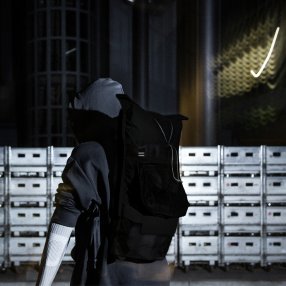
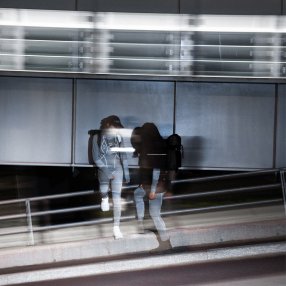
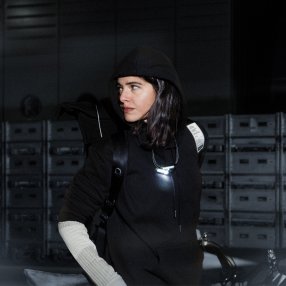
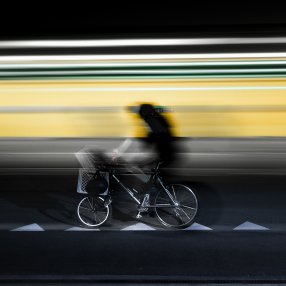

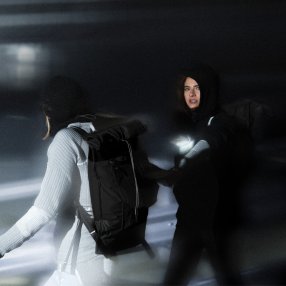
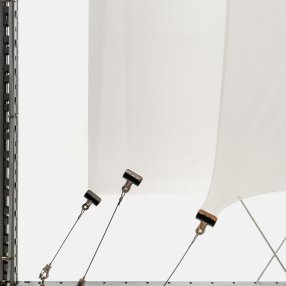
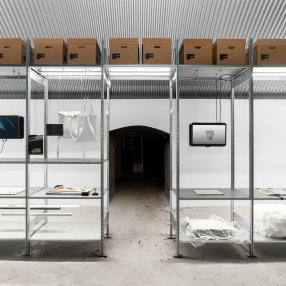
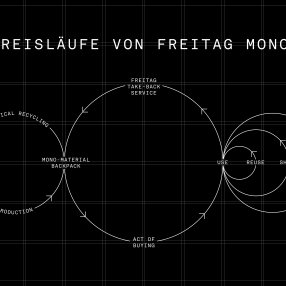
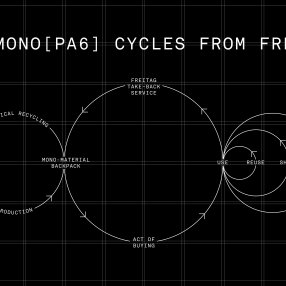
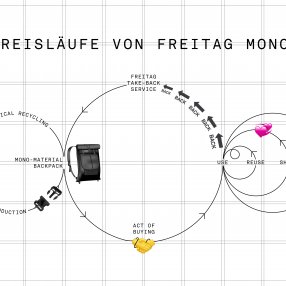
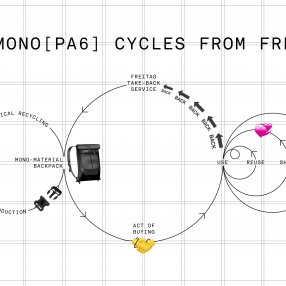
Photo credits: Elias Bötticher
Photo credit: Elias Bötticher
Photo credit: Elias Bötticher
Photo credit: Elias Bötticher
Photo credit: Elias Bötticher
Photo credit: Elias Bötticher
Photo credit: Elias Bötticher
Photo credits: t-space studio
Photo credits: t-space studio
Credits: Data-Orbit
Credits: Data-Orbit
FREITAG's latest circular development is called Mono[PA6] because every part of the backpack, from the fabric to the buckles, is made of just one material: polyamide 6. Thanks to this mono-materiality, as it is called, the product can be recycled entirely in one piece, without the need for complex dismantling. It also means that when all the life-extending options, such as repair and reuse, have been exhausted and the product has reached the end of its life, it returns via the FREITAG take-back service to the open-loop material cycle and can be mechanically recycled into reusable raw polyamide 6.
Credits: Data-Orbit
Die neueste kreislauffähige Entwicklung von FREITAG heisst Mono[PA6], weil alle Teile des Rucksacks, vom Stoff bis zu den Schnallen, aus nur einem einzigen Material bestehen: Polyamid 6. Dank dieser Monomaterialität lässt sich das Produkt vollständig und als Ganzes rezyklieren. Denn wenn alle lebensverlängernden Services wie Repair und Reuse ausgeschöpft sind und das Produkt das Ende seines Lebenszyklus erreicht hat, gelangt es über den FREITAG Take-Back-Service wieder in den offen geführten Materialkreislauf zurück und kann mechanisch zu wiederverwendbarem Roh-Polyamid 6 rezykliert werden.
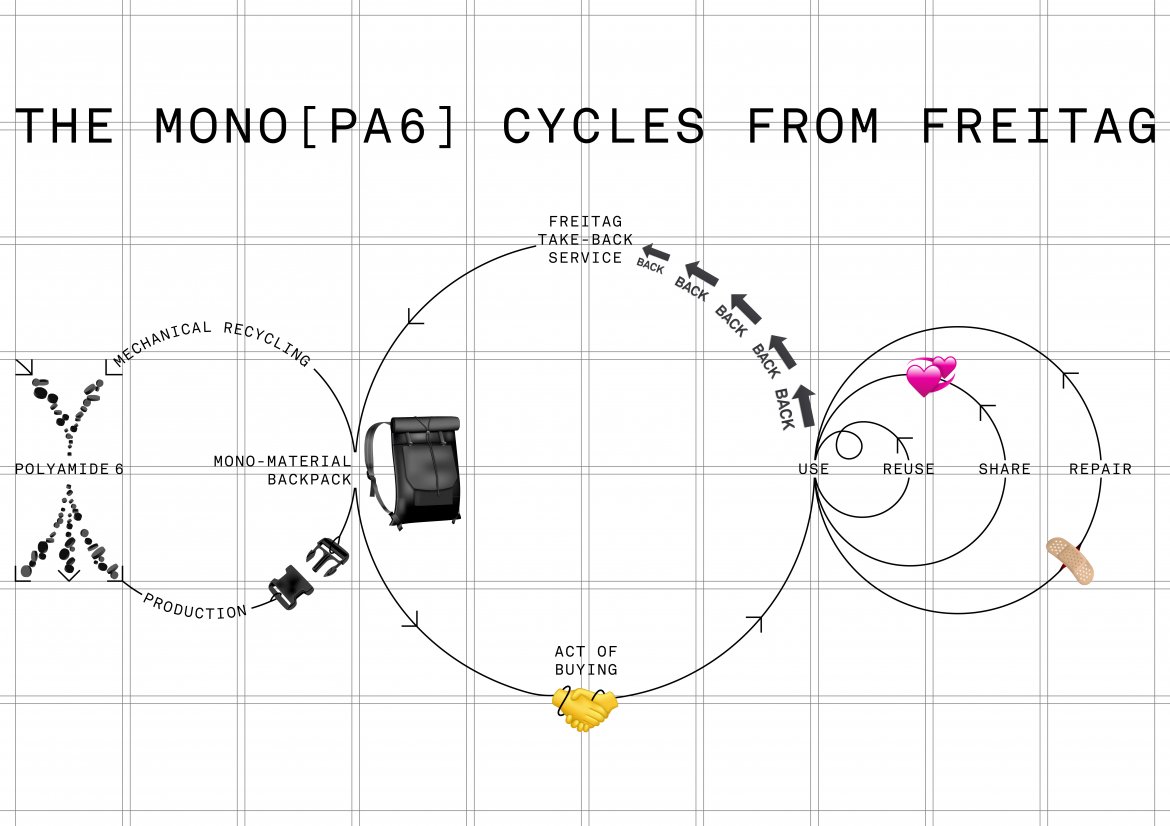
Download all media. Please mention photo credits (see image caption).
THE FIRST CIRCULAR BACKPACK MADE FROM A SINGLE MATERIAL GOES INTO PRODUCTION
FREITAG is embarking on a new cycle with a product made from just one material and sending the first circular backpack into production. And to ensure that it is actually recycled at some point, the necessary services and processes are already under development.
Zurich, Switzerland, June 2023 – Thinking and acting in cycles is integral to the FREITAG DNA. Something that began with the use of discarded truck tarps for bags and accessories will take place increasingly in closed cycles with no waste whatsoever. «It's not enough to develop products that can be recycled. We have to take a holistic approach to the design of our products, keeping the end of their lives in mind and making sure that everything circular actually goes back into the cycle,» says Anna Blattert, Circular Technologist at FREITAG.
ONE MATERIAL – ZERO WASTE
To make the recycling process as simple as possible and maximize the actual recycling rate, FREITAG opted for the principle of mono-materiality – the use of a single type of material – in its latest development. In practice, it means that if every part of the product is made of the same material, it can be recycled as a whole at the end of its life. And this is much easier than with conventional products, which are usually made of a variety of parts and materials or even mixed materials. After an intensive material and market analysis, FREITAG decided to use polyamide 6 – or PA6 for short. PA6 is a versatile plastic, suitable for resilient products and particularly easy to recycle.
A SINGLE MATERIAL – A WEALTH OF CHALLENGES
But making everything from the same, single material was easier said than actually developed and sourced. Or, as Circular Technologist Anna Blattert puts it: «We weren’t interested in making simple carrier bags so much as functional, durable and, above all, water-repellent FREITAG products made of just one material. We didn’t expect that a reduction in the number of materials would increase the complexity of the project – especially as regards sourcing – so drastically.»
The search for a waterproof fabric made of polyamide 6 that could be the basis for new products was long and arduous but ultimately in vain. So, in the end, FREITAG decided to take the matter in hand itself. Instead of giving an existing fabric a waterproof coating, the company joined forces with an innovative Taiwanese partner in the textile industry and struck out in another direction. They worked together to produce a triple-layered laminated material whose lining, waterproof membrane and outer fabric are all made of PA6. After a little over two years and many rounds of testing – among others with the engineering faculty at the Albstadt-Sigmaringen University of Applied Sciences in Germany – the moment of truth had come. The FREITAG PA6 fabric passed its durability and water impermeability tests convincingly.
BACK TO THE ROOTS AND OFF ON THE BIKE
FREITAG firmly believes that the realization of a circular economy can only be achieved through cooperation and that this idea should also be reflected in product design. The new backpack, therefore, was created jointly with Jeffrey Siu, a young British designer, who references cycling culture in the process and reinterprets it for individual urban logistics: «Polyamide 6 can assume very different forms; it can be robust or soft and used as a mesh or waterproof textile. Combining the diversity of a single material in a backpack while continuing to sustain the core of the FREITAG ethos with products suitable for cycling was incredibly exciting and challenging.»
MECHANICALLY RECYCLABLE IN EVERY WAY
The guiding principle behind the development of the product was that the functional and durable backpack could be recycled as a whole without the need for complex dismantling. True, some minuscule components, such as the spots of adhesive for the lamination and the printing ink for the inner label, are not made of PA6. And glass fibers are added to the zipper slide for reinforcement. However, the proportions of these other materials are so low that it will even be possible to recycle the bags mechanically. At KATZ Aarau, Switzerland's platform for plastics technology, the complete prototypes were first shredded in a granulator and then extruded into high-grade PA6 granulate. These tests confirm that, when the time comes, FREITAG Mono[PA6] Backpacks will give rise to something new.
HELLO AND SEE YOU AGAIN AND AGAIN, MONO[PA6]
Confirmation of the material’s mechanical recyclability meant there was every reason for FREITAG to launch the production of an initial batch of Mono[PA6]. The first 1500 units of the first circular backpack will be made of virgin PA6, a non-recycled material, and are expected to be available in spring 2024, along with a repair concept and take-back process. The aim, ultimately, is for FREITAG Mono[PA6] products to have a long life and, wherever possible, for all recyclable backpacks subsequently to find their way back to FREITAG and into the cycle.
FREITAG's latest circular development is called Mono[PA6] because every part of the backpack, from the fabric to the buckles, is made of just one material: polyamide 6. Thanks to this mono-materiality, as it is called, the product can be recycled entirely in one piece, without the need for complex dismantling. It also means that when all the life-extending options, such as repair and reuse, have been exhausted and the product has reached the end of its life, it returns via the FREITAG take-back service to the open-loop material cycle and can be mechanically recycled into reusable raw polyamide 6.

